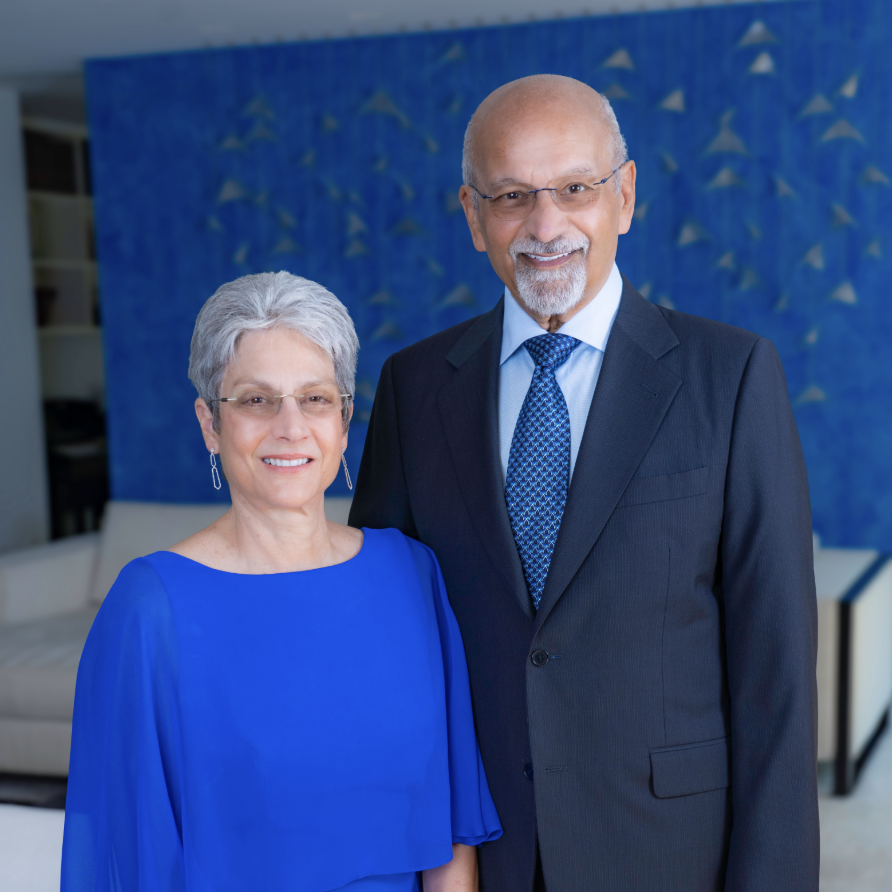 Annual Report 2023-2024
Annual Report 2023-2024
The internet we were promised
President’s Message
“’The internet we were promised’ is more than a headline — it’s a promise we’re fulfilling together.”
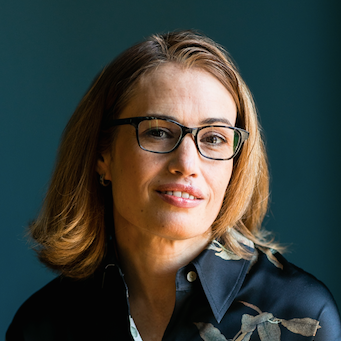
Lisa Seitz Gruwell
President of the Wikimedia Endowment
The idea of Wikipedia can be traced back to the very beginning of the World Wide Web, when computer scientist Sir Tim Berners-Lee first envisioned a place where knowledge would be freely available to everyone. In 1991, speaking about how he invented the World Wide Web, Berners-Lee said, “This project is experimental and of course comes without any warranty whatsoever. However, it could start a revolution in information access.”
Wikipedia is the embodiment of that information revolution — a repository of the world’s knowledge that gives anyone, anywhere instant access to 60 million articles across 300+ languages. If Wikipedia had a “warranty,” it would be the Wikimedia Endowment — a fund ensuring long-term financial support for the Wikimedia projects at a time when Wikipedia’s role is more vital than ever.
Jimmy Wales founded Wikipedia in 2001, when the internet was showing the first big promise of where it could go. Every year since then has brought advances — technological and social — that have evolved the way people use the internet, and what they use the internet for. From the rise of mobile-first internet to the rapid advancements in AI, the digital landscape keeps evolving — and Wikipedia adapts with it, to meet the needs of our readers, contributors, and donors. Now in its third decade, Wikipedia leans on its original principles of neutrality, verifiability, and accessibility as it introduces new technologies, from mobile-first editing to machine learning tools to help editors fight mis- and disinformation.
Beyond securing its future, the Wikimedia Endowment is also strengthening Wikipedia in the present — funding technical innovations that keep Wikipedia relevant in an evolving digital landscape. In this year’s Annual Report, you’ll read how the Endowment is advancing editing tools that Wikipedia’s volunteers need to expand the knowledge we all depend on. You’ll also read how funding from the Endowment is bolstering a project that gives millions of people a way to access the sum of all human knowledge even without an internet connection. Even as phones and other technologies continue to get smarter, a large swath of the world needs help to benefit from the internet — and the Wikimedia Endowment is providing that access.
“The internet we were promised” is more than a headline or a slogan. It’s a promise that we’re fulfilling with the support of people around the world — including donors to the Wikimedia Endowment, volunteer editors on Wikipedia, software engineers at the Wikimedia Foundation, and scores of others on every continent who want an internet that embodies the internet’s highest ideals. These ideals are what make Wikipedia so impactful. Every year, billions of people rely on it for knowledge that is neutral, verifiable, and freely available — no matter what they’re searching for.
All of you have a hand in Wikipedia’s evolution. You have witnessed Wikipedia’s growth from what it could be to what it is today. The Wikimedia Endowment is our promise that Wikipedia will be there tomorrow and for future generations. It’s a commitment that is resolute, and a responsibility that we’re proud to carry on with your support.
With gratitude,
Lisa Seitz Gruwell
President, Wikimedia Endowment
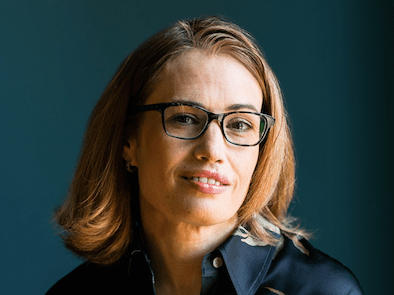
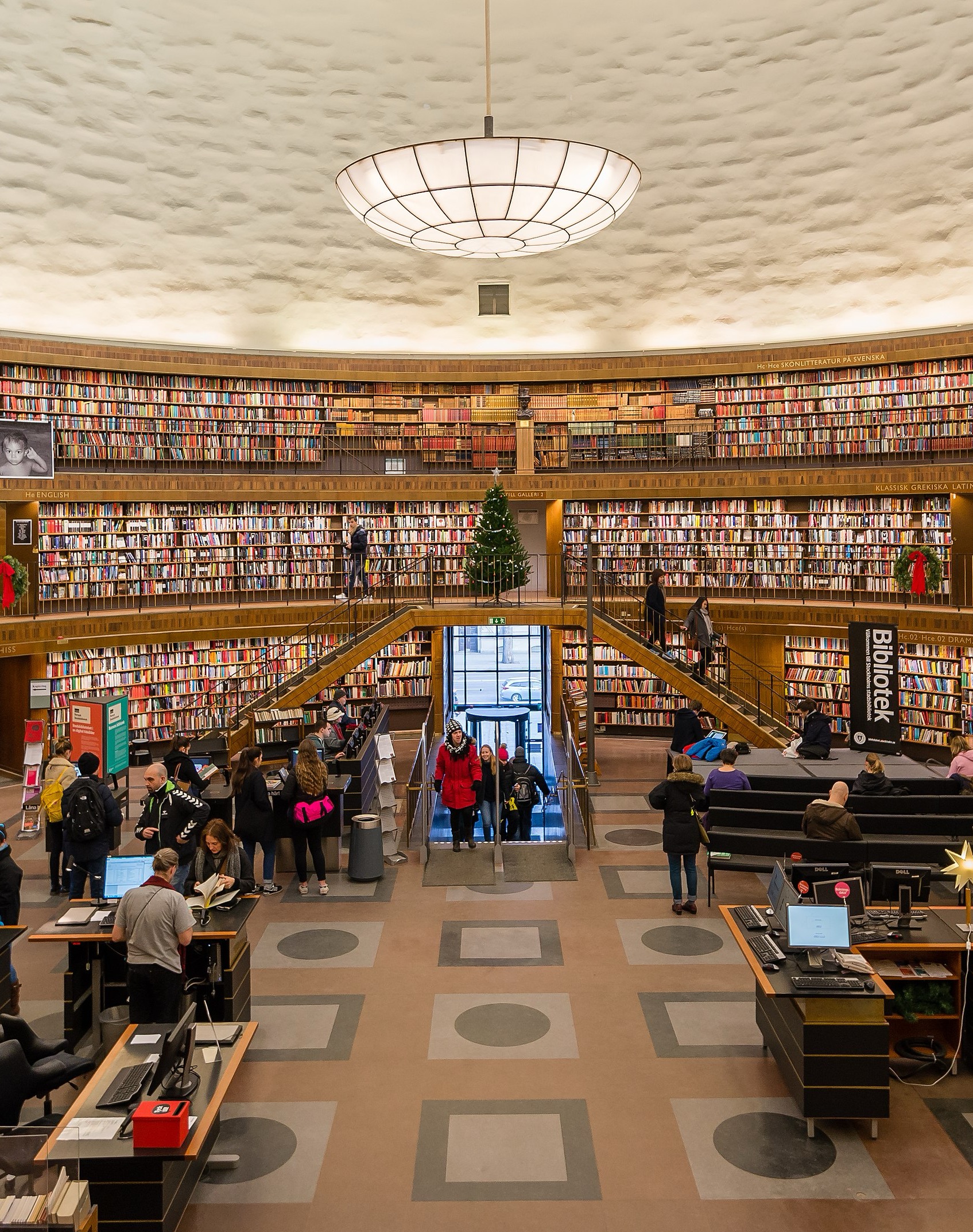
Table of Contents

Stories
Funding recipients: Where your support makes an impact
By funding four distinct projects in the 2023-2024 fiscal year, the Wikimedia Endowment made a major impact both online and offline, benefiting millions of people across Wikipedia and its sister projects. As a long-term financial anchor, the Endowment secures the future of these platforms while simultaneously enhancing their present-day accessibility and technical infrastructure to ensure free knowledge remains available to all.
The Wikimedia Endowment uniquely balances immediate and long-term impact — improving key Wikimedia projects today while safeguarding the broader knowledge ecosystem for future generations. By maintaining and advancing Wikipedia’s reach, the Endowment remains the only fund with the dual ability to directly enhance Wikimedia’s core platforms while preserving their sustainability for years to come.
The Endowment’s four funded projects in the 2023-2024 fiscal year were:
- Kiwix: The offline reader and nonprofit organization is empowering users in regions with limited internet access — enabling offline access to Wikipedia’s vast knowledge base.
- Abstract Wikipedia & Wikifunctions: The projects are expanding knowledge across languages to ensure Wikipedia remains a truly global resource.
- Machine Learning: This project is leveraging AI to ensure Wikipedia’s content is high quality, accurate, and up to date.
- Wikidata: This project is strengthening Wikipedia’s interconnected knowledge structure, making it more accessible and useful across languages and platforms.

The Guptas’ “global” view inspired their generosity toward Wikipedia
Shashi Gupta has used Wikipedia for as long as Wikipedia has existed, and he’s come to respect its knowledge base so much that he uses Wikipedia this way: “I’ve told people who started sending me stuff from social media to stop doing that and to send me the Wikipedia equivalent.”
Shashi Gupta has used Wikipedia for as long as Wikipedia has existed, and he’s come to respect its knowledge base so much that he uses Wikipedia this way: “I’ve told people who started sending me stuff from social media to stop doing that and to send me the Wikipedia equivalent.” Shashi and his wife Margaret Gupta laugh at this anecdote. But they’re more serious when they explain why they’re strong advocates of the Wikimedia Endowment:
The Guptas have supported the Endowment since 2020, and they now support it through their philanthropic entity, the Gupta Family Foundation. The Guptas began supporting Wikipedia in 2009, when Shashi gave to the Wikimedia Foundation’s annual general fund.
“We’re happy to support it,” says Margaret of the Wikimedia Endowment. “It’s great (for the Wikimedia Foundation) to have an operating budget and be able to operate from year to year, but it’s another thing to have an endowment that sustains you far into the future. So we agreed that that is a very important thing to do.”
The Guptas’ foundation supports nonprofits on multiple continents, but they say it’s a nonprofit’s ability to lift people beyond a single moment that’s most important. With Wikipedia, Shashi and Margaret Gupta point to its network of nearly 260,000 editors, its base of more than 300 languages, and its reach that crosses the world — especially in countries where neutral information sources are scarce. Access to Wikipedia’s knowledge, they say, helps the world see the world differently, and has the ability to dispel misinformation that can permeate people’s lives for years.
“For us, the mission is to actually help people become self-sufficient,” says Shashi, who earned an MBA and Ph.D from Michigan State University, and co-founded, with Margaret, a global IT services company called Apex CoVantage that they sold in 2021. “And in that mission, we support about 50 organizations around the globe, from Cambodia to America, Mexico to South Africa, and everywhere in between. That reflects our view that we are actual global citizens.”
“Global” and “Wikipedia” are synonymous, but there’s another word that comes to mind for the Guptas as they reflect on why they support the Wikimedia Endowment: “Continuation.” Says Margaret: “We hope Wikipedia remains active and continues, especially in the countries that have relatively few or no sources of decent information. We know it’s hard, but we think that’s a really important part of your mission.”
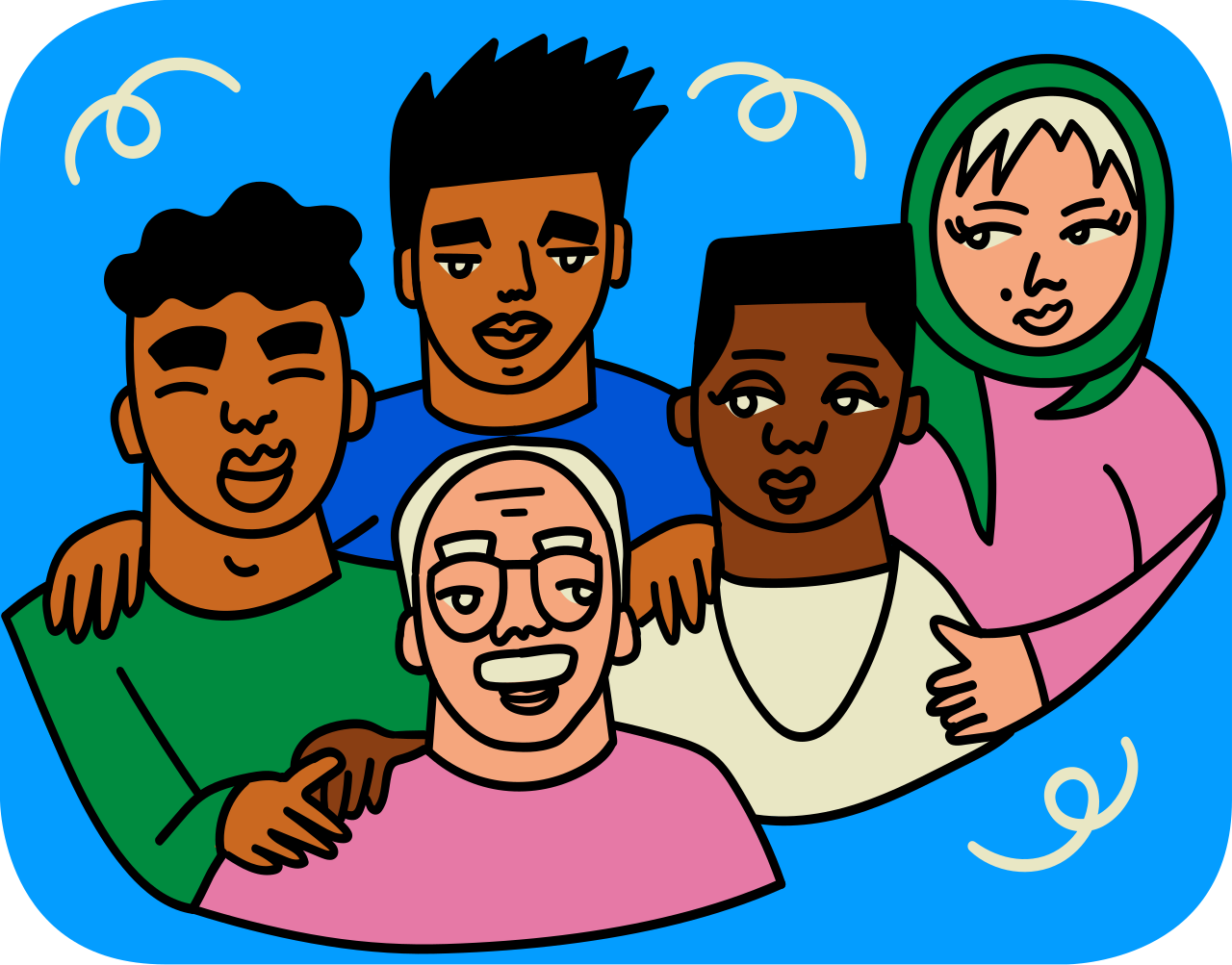
Donors of all backgrounds are pushing Wikipedia forward
The symbiosis between donors and the Endowment’s success is unmistakable. Every new donation, and every new donor who recognizes the Endowment’s importance, lifts up the fund and the Wikimedia projects in ways that are impactful, indelible, and life-changing.
Donors of all backgrounds are pushing Wikipedia forward

The symbiosis between donors and the Endowment’s success is unmistakable. Every new donation, and every new donor who recognizes the Endowment’s importance, lifts up the fund and the Wikimedia projects in ways that are impactful, indelible, and life-changing. The change happens every year when the Endowment funds technical innovation, which improves knowledge sites that have a direct impact on users’ lives. The change is also happening across decades since the Endowment is helping to ensure that Wikipedia and its sister projects exist for future generations.
The ability to make this kind of outsized difference is why so many donors are funding the Wikimedia Endowment. You’ll get to meet some of them in this Annual Report. They represent the Endowment’s wide range of donors: Philanthropists who’ve given at a high level; a member of the Wikipedia Legacy Society, whose donors have pledged a legacy gift to the Endowment; and a donor who’s giving from his retirement account.
The momentum that these donors give to Wikipedia comes at a time of even greater promise for the Wikimedia Endowment. A new multi-year fundraising effort is now underway, aiming to grow the Endowment and expand long-term support for Wikipedia and its sister projects. At the heart of this effort is a recognition of what makes these projects so vital: their human-led content. This is the same content that powers much of the internet’s knowledge — including AI tools, search engines, and voice assistants — and stands apart for its accuracy, integrity, and public-minded purpose. The volunteers and contributors who build and maintain Wikipedia do so not for profit, but to ensure that reliable knowledge is freely available to everyone, everywhere.
The Wikimedia projects are the world’s largest collection of human knowledge. Every donation to the Wikimedia Endowment is an investment in Wikipedia’s long-term sustainability — funding essential projects that keep Wikipedia relevant, accessible, and reliable for future generations. Every donor to the Wikimedia Endowment has a hand in the human-led knowledge that has become more important than ever in the era we live in. The donors in this Annual Report are a reflection of this collaborative impulse that is taking Wikipedia and its sister projects to even greater heights.
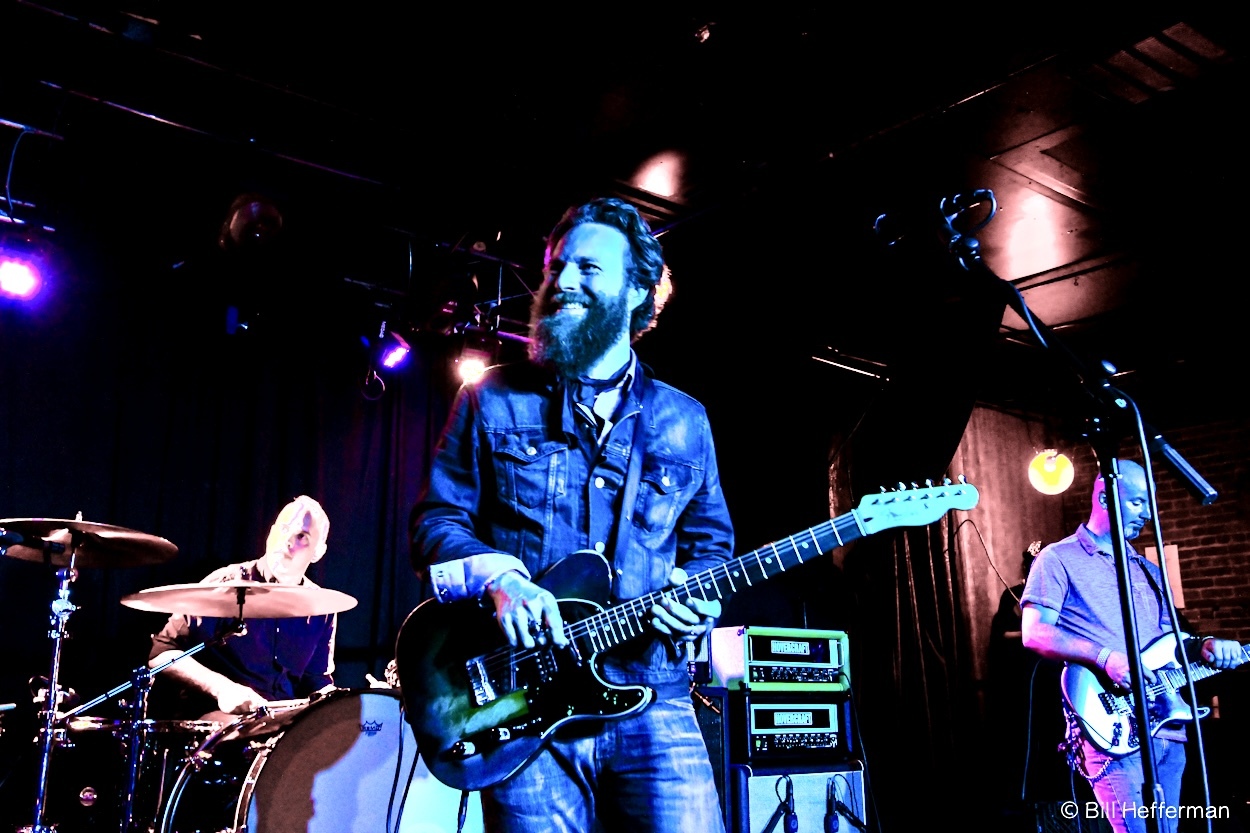
He’s leaving a mark on the world through music, with an eye on giving to Wikipedia
When Adam Mackintosh is working, he always has a guitar in his hands or somewhere nearby — whether he’s performing on stage, teaching students how to play, or writing songs that he envisions being streamed on internet sites for decades and decades. Music is an essential part of Mackintosh’s day-to-day life, including what he looks up on Wikipedia.
He’s leaving a mark on the world through music, with an eye on giving to Wikipedia

When Adam Mackintosh is working, he always has a guitar in his hands or somewhere nearby — whether he’s performing on stage, teaching students how to play, or writing songs that he envisions being streamed on internet sites for decades and decades. Music is an essential part of Mackintosh’s day-to-day life, including what he looks up on Wikipedia. His favorite article? The one that details the Brill Building — the landmark New York building where musicians such as Carole King, Burt Bacharach, and Paul Simon wrote and recorded some of music’s most iconic tunes.
Mackintosh’s favorite nonprofit? The Wikimedia Foundation. That’s why Mackintosh joined the Wikipedia Legacy Society in 2022. By pledging to make a gift to the Wikimedia Endowment through a will or other estate planning, donors in the Wikipedia Legacy Society are ensuring Wikipedia’s future. Mackintosh has been a Wikipedia donor since 2016, and he says his commitment to Wikipedia is based on a simple premise: Wikipedia should be there for the next generation — just like it’s there today for him and millions of others.
“You donate $10 or whatever it is (to Wikipedia), and you’re familiar with it,” says Mackintosh, who’s 52. “You respect the organization. You have a reason already. And then you go to write a will, and you think, ‘Who am I going to leave all this stuff to?’ ”
Music, especially timeless music, deals in the past, the present, and the future simultaneously, he says — which means it relies on and preserves people’s stories. Wikipedia, he says, plays a similar role in the world: It conveys current knowledge the way a teacher would, but it also has up-to-the-minute information about millions of subjects that give users new ways of understanding the world around them.
“Wikipedia preserves the story of us,” Mackintosh says. “And without it, we’re lost.”
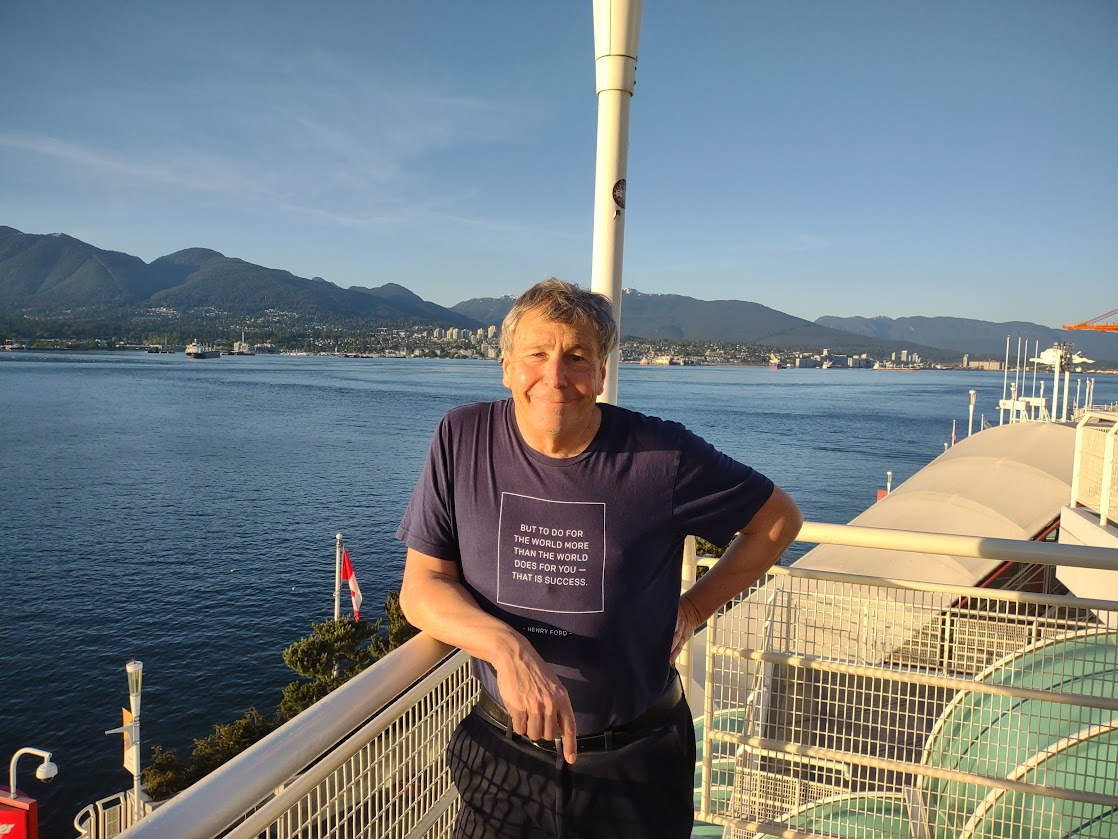
Richard Ruth, who values Wikipedia’s commitment to objective knowledge, donates from his 401k account to make a lasting impact
At age 73, Richard Ruth is still working in a field that he’s enjoyed for more than 40 years: The area of the automotive industry that focuses on automotive restraint systems (like seat belts and airbags) and Event Data Recorders (devices that record data about a vehicle’s performance and systems — especially before, during, and after a crash).
Richard Ruth, who values Wikipedia’s commitment to objective knowledge, donates from his 401k account to make a lasting impact

At age 73, Richard Ruth is still working in a field that he’s enjoyed for more than 40 years: The area of the automotive industry that focuses on automotive restraint systems (like seat belts and airbags) and Event Data Recorders (devices that record data about a vehicle’s performance and systems — especially before, during, and after a crash). Richard worked at Ford Motor Company for 33 years and is now a consultant in Washington, DC. It’s when he started his consulting business that Richard realized how much he’d relied on Ford’s information about car systems and the like — and how much Wikipedia and its vast knowledge about almost anything, including cars, could fill the void that he suddenly faced.
“For all of my fellow one-man bands or small companies, Wikipedia serves as our ‘research department’ for objective information — not some sales-pitch website,” Richard says. “When I retired from Ford and became a consultant I lost access to all (of Ford’s) official information,” he adds. “I quickly learned to appreciate that the many volunteer content creators and editors at Wikipedia had compiled much of the information about major changes to vehicle platforms and related models that I needed.”
Richard first began donating to the Wikimedia Foundation in 2013. A qualified charitable distribution (QCD) allows those who are 70 1⁄2 or older to donate directly from a taxable IRA instead of taking their required minimum distributions — so after Richard turned that age, he began supporting Wikipedia via QCD gifts. Not only does Richard love Wikipedia, he wants to help others benefit from independent knowledge.
“I’ve been frugal and realize I can’t spend all that 401k before I die, so I want to use more of it to help make the world a better place,” he says. “Knowledge is power, and Wikipedia helps regular people level the playing field with the corporate giants. Empowering others with the power of knowledge is the legacy I want to leave.”
Look ahead to 2024-2025
Introducing the FY 2024-25 funding recipients
The Endowment made a new round of funding to support work for the 2024-25 period— again focusing on projects that are advancing Wikipedia’s technical infrastructure.

Kiwix
Also a recipient of 2023-2024 funding, Kiwix—an offline way to access Wikipedia—embodies the Endowment’s commitment to advance accessibility. A groundbreaking project dedicated to democratizing access to Wikipedia and other educational content, Kiwix aims to make vast repositories of knowledge accessible to everyone, regardless of their internet connectivity status.
Kiwix

Kiwix, an offline way to access Wikipedia, embodies the Endowment’s commitment to advance accessibility. A groundbreaking project dedicated to democratizing access to Wikipedia and other educational content, Kiwix aims to make vast repositories of knowledge accessible to everyone, regardless of their internet connectivity status. More than 10 million people use Kiwix, and during the 2023-2024 fiscal year, the Endowment’s funding ensured that Kiwix would work for users in the best way possible. Because of the Endowment’s funding, “We kept Kiwix up, and improved the way it was running,” says Kiwix co-founder Stephane Coillet-Matillon.
Among the users who benefited from the Endowment’s funding of Kiwix: People in war-torn countries, where the internet is often disrupted for students and others who badly need access. Yemen, for example, which has experienced a civil war for a decade, is regularly in Kiwix’s top-five countries for individual downloads.
With the Endowment’s funding, Kiwix was able to release a milestone tool called “Wikipedia on demand,” which gives users the ability to read Wikipedia’s knowledge on specific subjects — from math and science to cultural events like the soccer tournament the Africa Cup of Nations. The demand for Wikipedia on Kiwix is a major reason that the Endowment chose Kiwix as one of its funded projects in the 2023-2024 fiscal year.

Abstract Wikipedia
Also a recipient of 2023-2024 funding, Abstract Wikipedia is a Wikimedia Foundation project that aims to build a knowledge base that makes it easier to share, add, translate, and improve knowledge across languages on Wikipedia.
Abstract Wikipedia

Abstract Wikipedia, which aims to create a language-independent version of Wikipedia, is another groundbreaking project that, with the help of the Wikimedia Endowment, has made significant progress in the 2023-2024 fiscal year. Wikifunctions is the central hub for code in Abstract Wikipedia. It stores “functions” — pieces of code that help create content for different Wikipedia language editions. In the 2023-2024 fiscal year, the Wikimedia Foundation’s Abstract Wikipedia team expanded Wikifunctions by building a growing global community of contributors.
On Wikifunctions, people from more than 50 countries made more than 120,000 contributions; viewers came from more than 200 countries; and pageviews crossed three million. This is the practical result that the team had planned for at the outset of Abstract Wikipedia and Wikifunctions in 2020: People working together from around the world; people collaborating with conviction in multiple languages; and people who are committed to establishing the groundwork for a project that will reach much, much higher in the years ahead. We estimate that upwards of 1.3 billion new people may use Wikipedia after Abstract Wikipedia adds articles throughout Wikipedia’s over 300 language editions.
With the Endowment’s funding, staff working on the Wikimedia Foundation’s Machine Learning project were also able to significantly advance their work to help Wikipedia editors. Machine Learning advanced its infrastructure through modern GPU hardware, which enabled greater experimentation, increased model training, and live feature deployment.
Machine learning models are essentially programs that analyze data and make predictions. Using machine-learning models, the Foundation’s Machine Learning team is building tools to suggest valuable edits that newcomers and experienced users can make to improve Wikipedia articles. Editors are crucial for Wikipedia’s continued reach and impact, so making it easier for editors to make edits is a fundamental part of our work with AI and machine learning.
Wikidata was able to increase its impact in the 2023-2024 fiscal year. It did this through a series of improvements, which included creating a portal that makes it easier for developers to work with Wikidata, and publishing an online course that explains how to contribute to Wikidata. During the year, Wikidata crossed a huge milestone: its two billionth edit. That makes Wikidata the first and only Wikimedia project with two billion edits. Besides being the most edited project among the Wikimedia Foundation’s host of websites, Wikidata is the one that helps virtual assistants like Siri and Alexa provide answers to tens of millions of queries — which in itself continued to be an achievement of note in the 2023-2024 fiscal year.
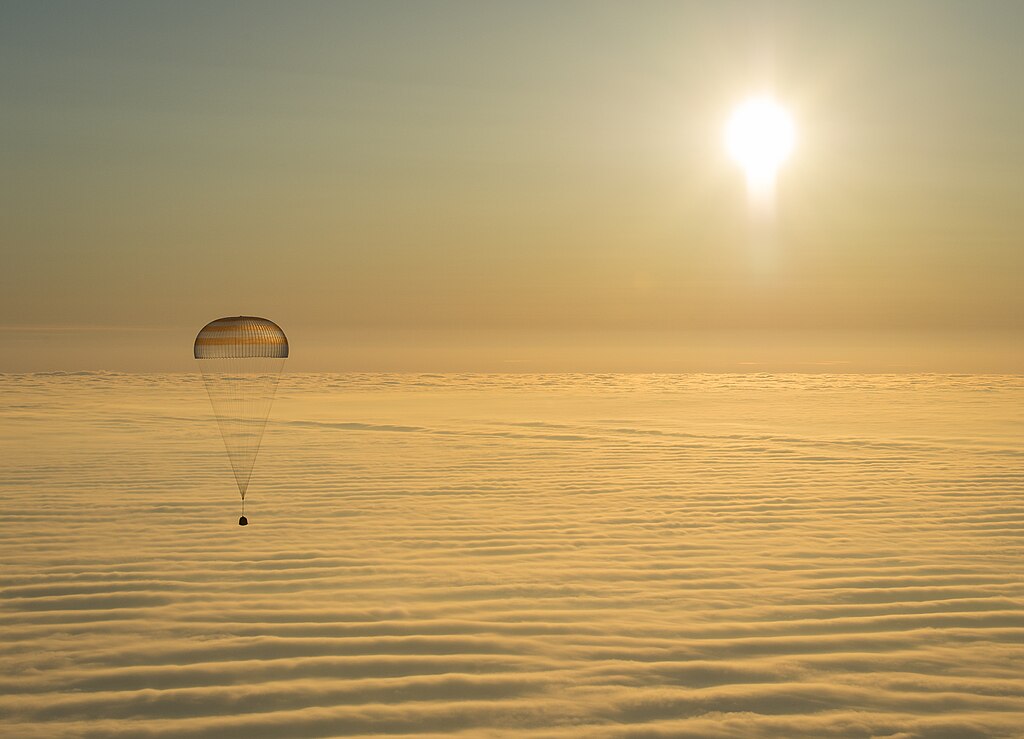
Future Audiences
Another project of the Wikimedia Foundation, Future Audiences is a cross-team collaboration to explore how the Wikimedia Foundation can reach future audiences of knowledge seekers and contributors. Rather than building products, the work launches time-bound experiments to identify and recommend opportunities for the Wikimedia Foundation to innovate.

Improvements to MediaWiki
MediaWiki is the free open-source software that powers Wikipedia — and also thousands of other websites that rely on its technical ability to let people collaboratively edit reference projects.
Together, Into Tomorrow
“Magic” happens when you fund the Wikimedia Endowment
Wikipedia has now existed for a generation of people around the world. Its very first article appeared online in January 2001, followed by other articles that quickly signified that Wikipedia would be a serious and popular compendium of knowledge. Every year, more than a billion people use Wikipedia and its sister projects, which now form the largest shared knowledge source in human history. For future generations, though, these achievements won’t matter if Wikipedia doesn’t exist for them, too. Wikipedia itself would just be something to read about — like learning about an old encyclopedia from the 19th century that once made an impact on people’s lives.
The Wikimedia Endowment is our commitment to Wikipedia’s future — its future as a viable and impactful knowledge resource that will continue to be as important to people’s lives as it is today. We share this commitment with every donor who gives to the Wikimedia Endowment. Whether you’ve donated $10 or $10,000, you’ve helped secure the future of Wikipedia. You’ve joined with other Endowment donors and with everyone else who supports the Wikimedia projects and are making them better now and for years to come. That includes the volunteer editors who are adding the knowledge we all use. That includes the people working on all the projects that the Endowment is funding. We’re all working together. In unison. For a cause that we all care about: Wikipedia.
There’s so much to be proud of. So, thank you. Not just for your past support but for your future support. We’re working with you to bring Wikipedia well into the future, where Wikipedia’s even-more-robust knowledge base will do what it always has done: Give everyone insight about subjects they deeply care about. A single Wikipedia article can change how someone sees the world. A single donation to the Wikimedia Endowment can change how the Endowment grows and helps the Wikimedia projects. The result of a donation is something magical: The knowledge that you made a difference. As the Wikimedia Endowment continues to grow and to be even more impactful, we look forward to making a difference with you for many years to come.
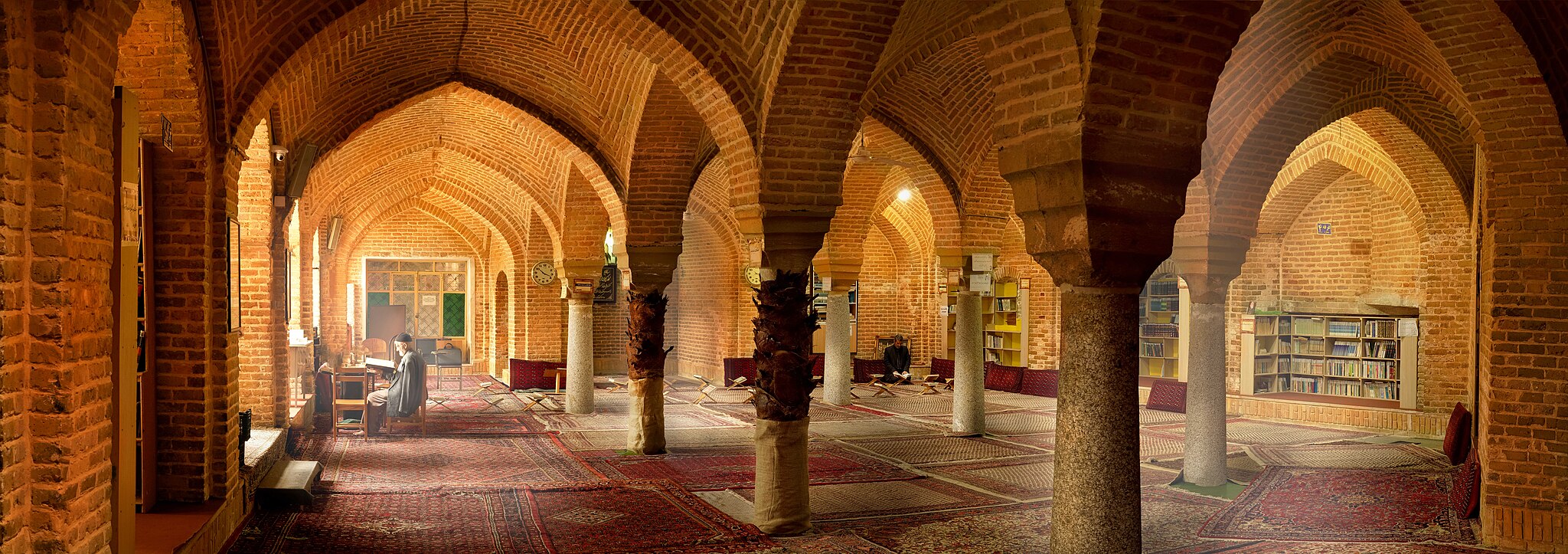
WIKIMEDIA COMMUNITY
A global tapestry of stories
Explore a dynamic map highlighting the experiences and contributions of Wikimedians worldwide.
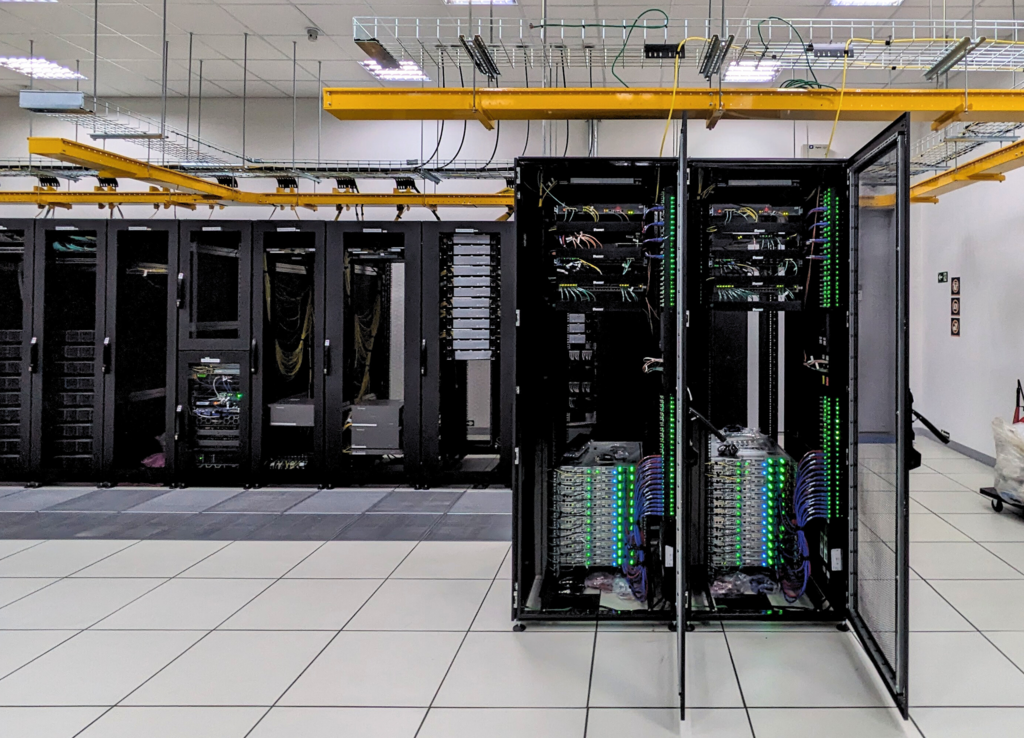
INFRASTRUCTURE
Our first data center in South America is a gamechanger
São Paulo, Brazil
The center in Brazil is giving millions of people better access to Wikipedia’s knowledge base — lowering pageload times, and making users’ connections much more secure and private.

INFRASTRUCTURE
Dark mode is transforming Wikipedia’s accessibility
Worldwide
The important feature lets users — including those with visual impairments — read Wikipedia pages with less eye strain.
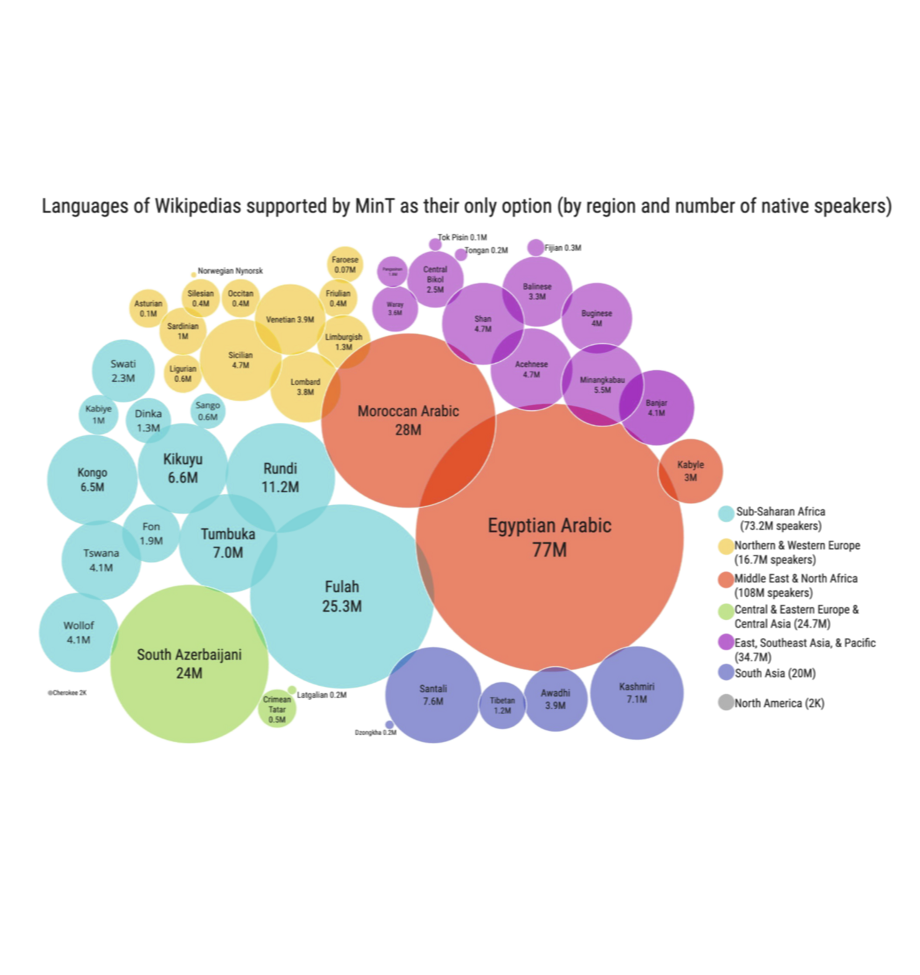
Knowledge Equity
New translation service brings more of the world’s languages to Wikipedia
Worldwide
MinT, which stands for “Machine in Translation,” is a groundbreaking language translation tool that helps Wikipedia editors more seamlessly translate content.
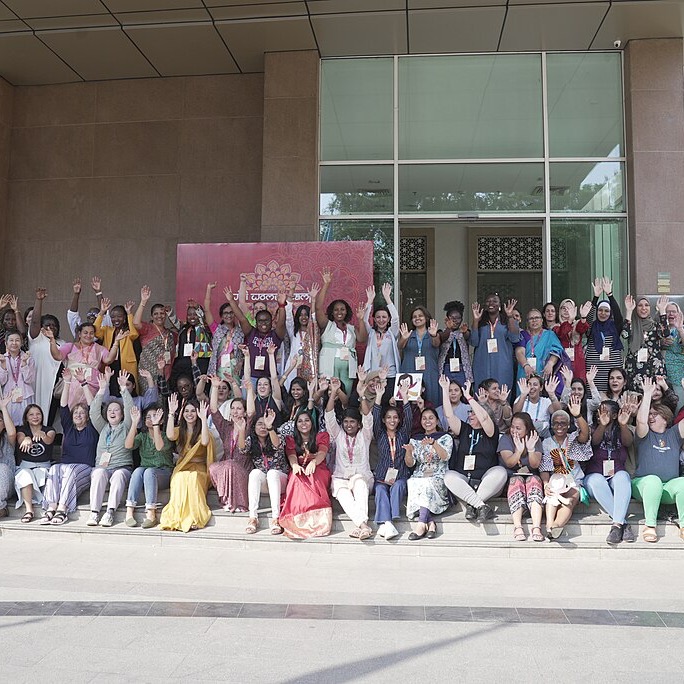
Knowledge Equity
WikiWomen Camp bridged the gender gap in South Asia
Gurgaon (New Delhi), India
Held for the first time in six years, the camp created a supportive space for women contributors to connect, learn, and collaborate on initiatives that amplify their impact on the Wikimedia projects.
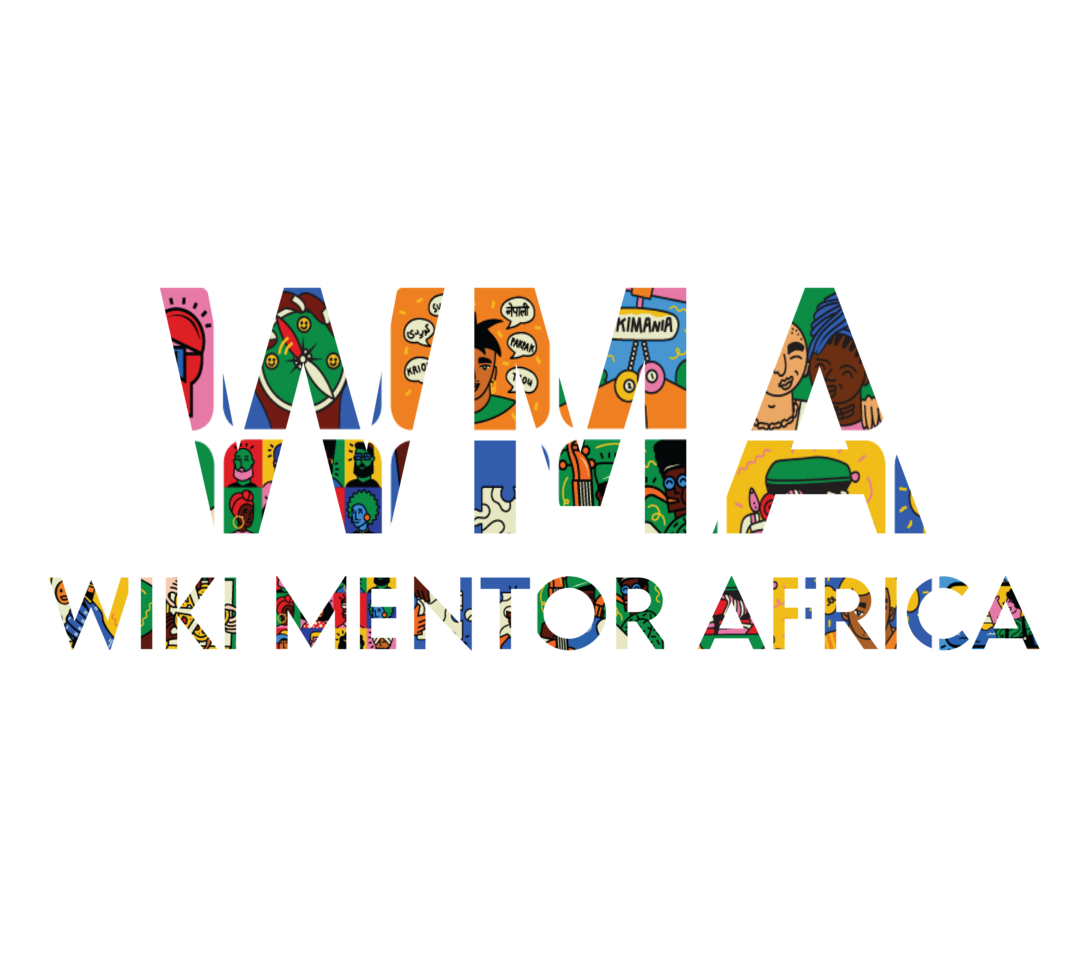
Knowledge Equity
Wiki Mentor Africa Hackathon is first of its kind
Abuja, Nigeria
Innovative mentorship program connected experienced contributors with newcomers from across the continent interested in contributing to Wikimedia’s technical spaces.
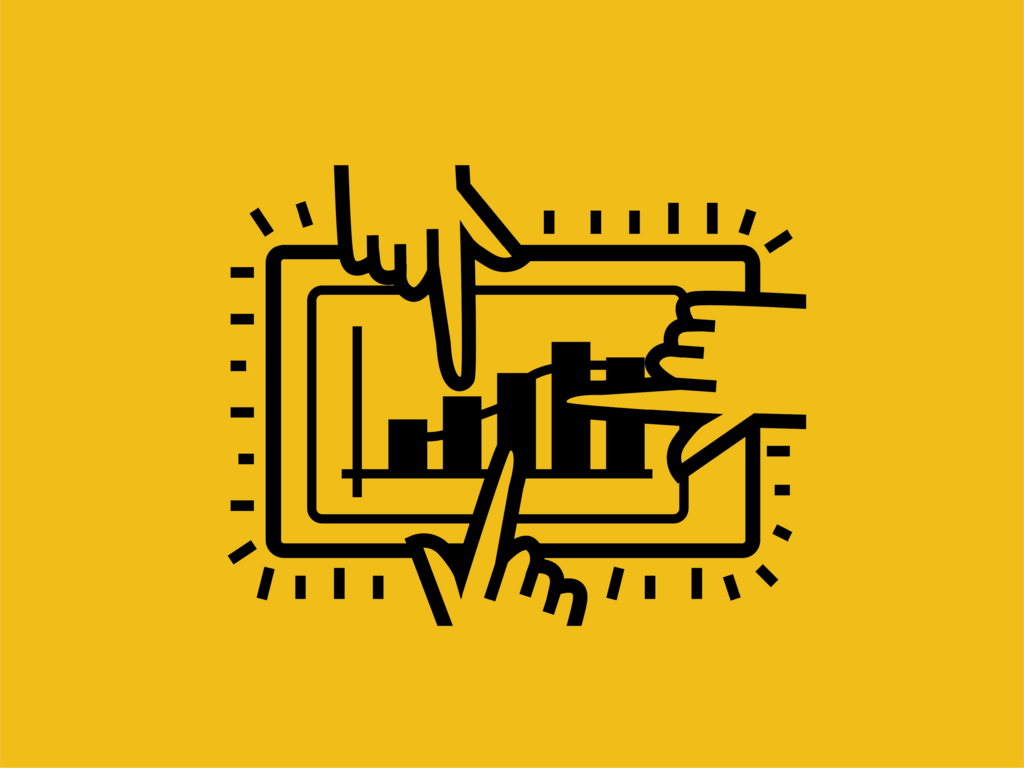
Effectiveness
Wikimedia Foundation receives a clean audit for 18th straight year
San Francisco, United States of America
Report details the strong financial position that the Foundation is in — and that the vast majority of our revenue came from the generosity of donors.

Effectiveness
Fundraising report shows that a wide swath of the world supports the Foundation’s projects
San Francisco, United States of America
Eight million donors gave in the fiscal year — with donations from more than 200 countries. The Wikimedia Foundation also worked closely with Wikimedia volunteers during the year’s fundraising campaigns.
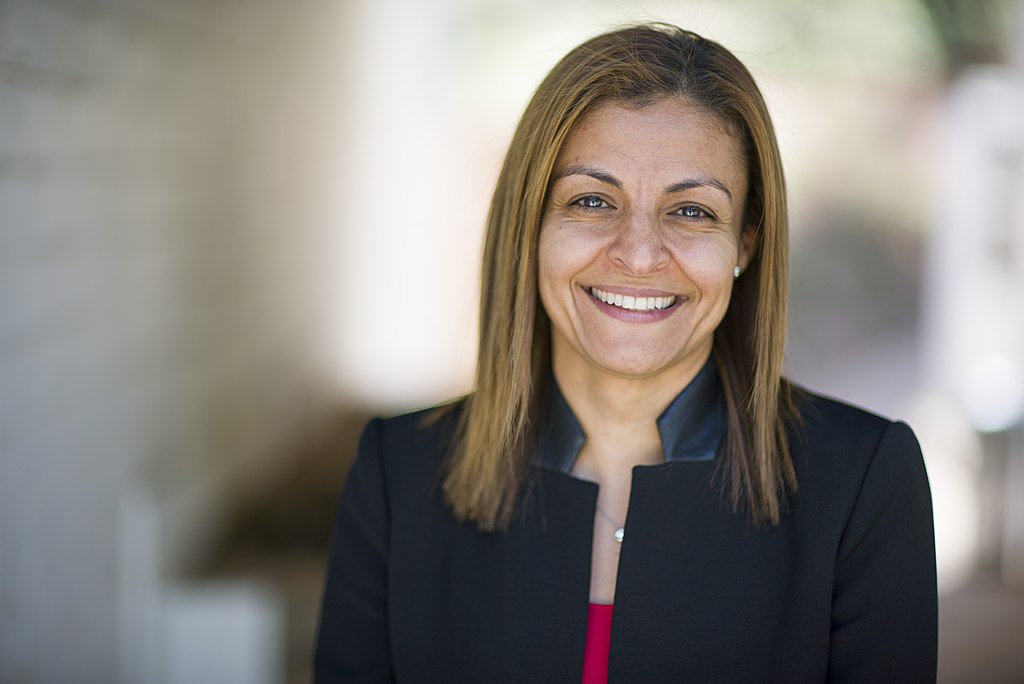
Safety and Inclusion
Wikimedia Foundation CEO calls on governments to protect Wikipedia’s volunteer editors
New York City, United States of America
At a high-level side event during the United Nations General Assembly, Maryana Iskander urged governments to support the global community of volunteers who share knowledge across Wikimedia projects.
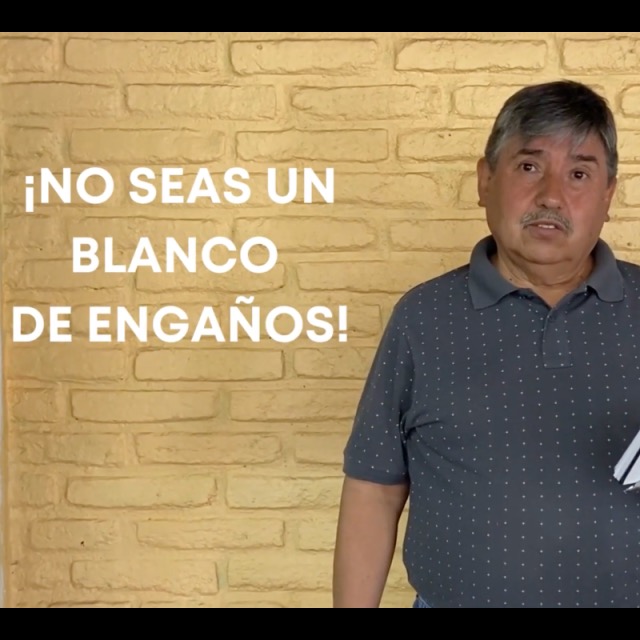
Safety and Inclusion
Foundation announces a new repository of anti-disinformation initiatives and tools
Worldwide
Developed at the local level across the Wikimedia projects, the repository captures efforts to curb false and misleading information on Wikipedia and on other sites that millions of people use every day.
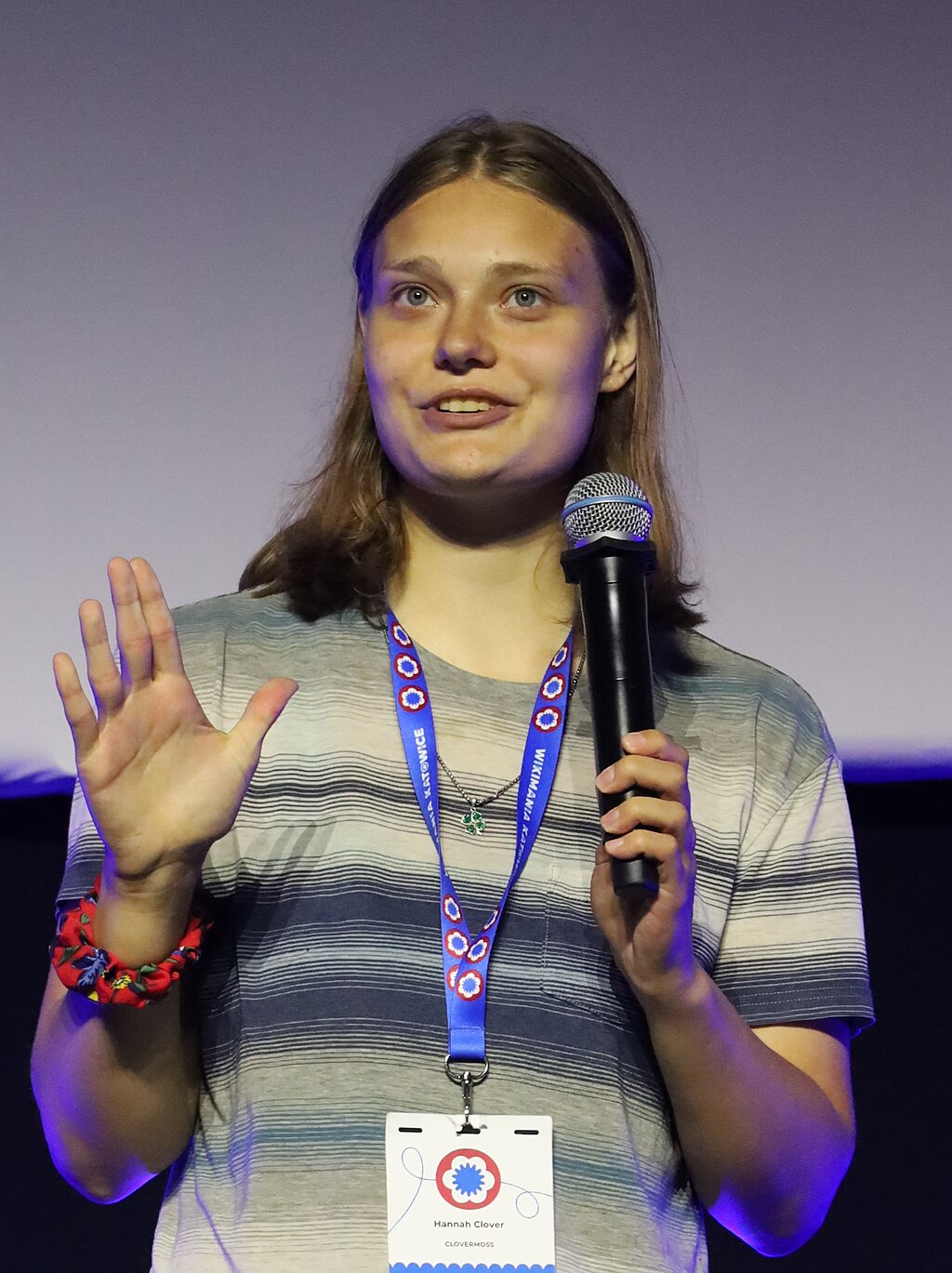
knowledge Equity
Wikimedian of the Year is youngest-ever awardee
Niagara-on-the-Lake, Canada
Even at 21, Hannah Clover has made more than 24,000 edits. She also has administrator rights — which is one of the highest ranks an editor can have.
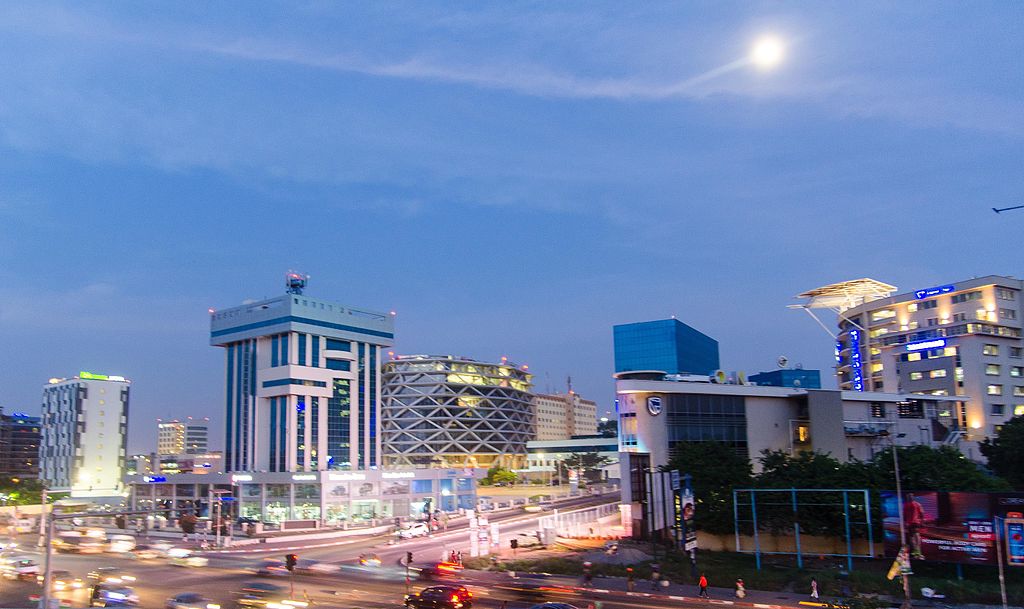
Safety and Inclusion
At a notable African conference sponsored by the Foundation, attendees did important work around digital rights
Accra, Ghana
At the Digital Rights and Inclusion Conference — a major regional forum in which digital policies and internet governance in Africa are debated and shaped — participants focused on such key issues as protecting Wikipedia from disinformation.
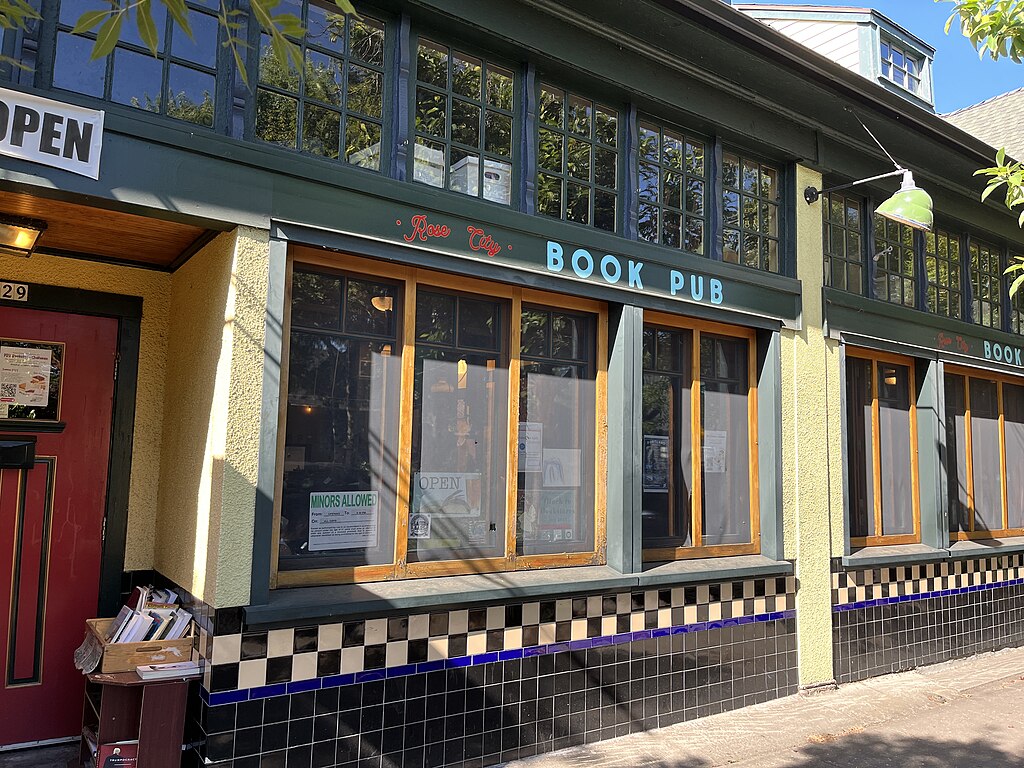
Infrastructure
Selena Deckelmann gives her inside view of how the Foundation’s technology has changed for the better
Portland, United States of America
The Wikimedia Foundation’s Chief Product and Technology Officer explains how Wikipedia and its sister projects can be a multigenerational success as it continues to stay relevant for decades to come.
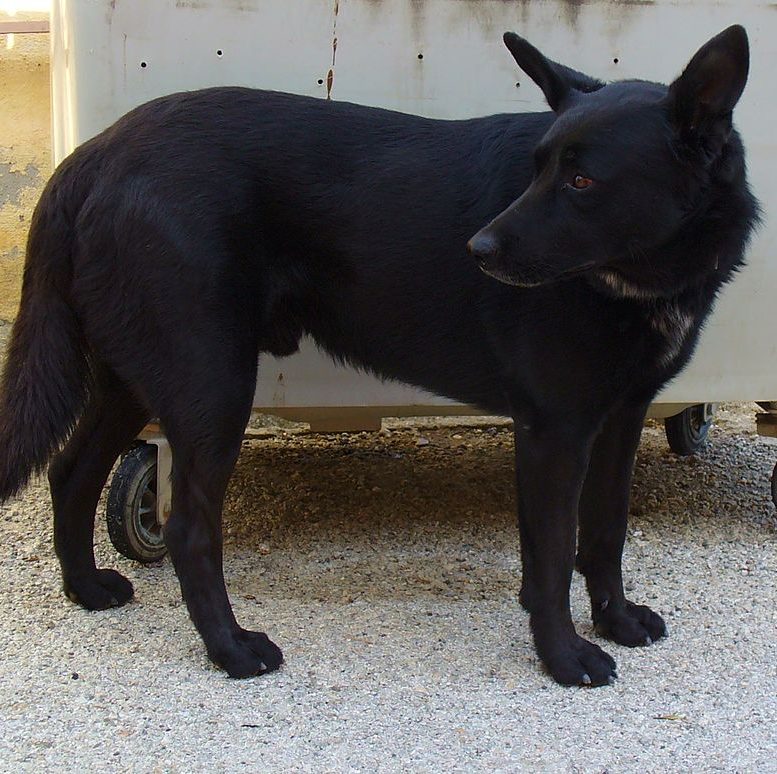
Infrastructure
How searching for images got much better on Wikimedia Commons
Worldwide
The free repository of more than 100 million media files is now easier to use when you look for photos that matter the most.
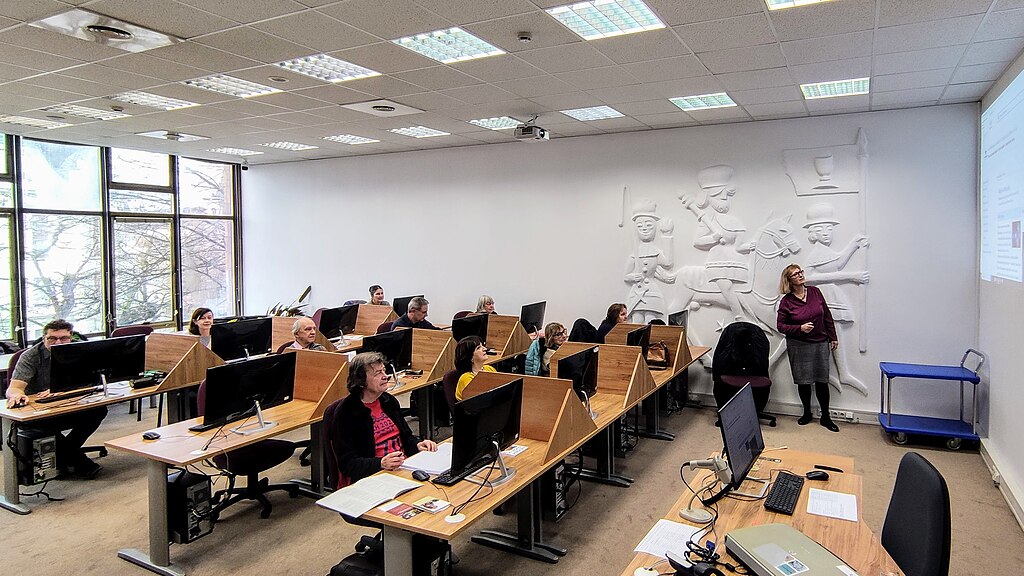
Knowledge Equity
A new night school for seniors inspired scores of people to contribute to Wikipedia
Prague, Czech Republic
Six-week courses in the Czech Republic are prompting seniors there to add knowledge to articles. “It’s been fun so far,” said one.
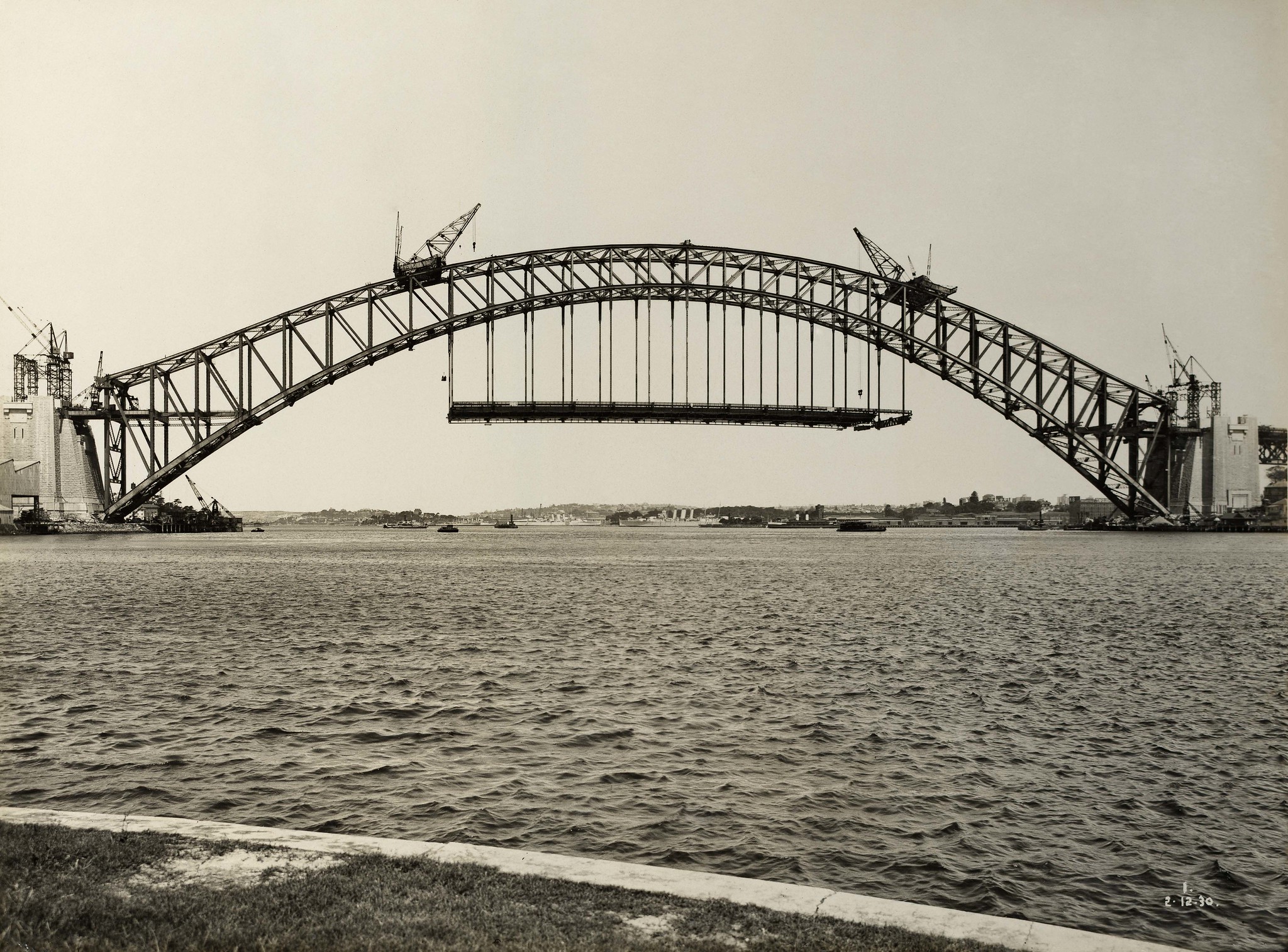
Infrastructure
To get Flickr images on Wikimedia Commons, there’s now “Flickypedia”
Worldwide
The Wikimedia Foundation collaborated with the non-profit Flickr Foundation to make it easier to illustrate Wikipedia with high-quality, relevant photography from Flickr.

Infrastructure
AI is helping the Foundation engage better with users while maintaining the integrity of human-generated content.
Worldwide
Our “Future Audiences” work is exploring strategies for expanding our projects’ reach beyond existing audiences of readers, content reusers, and contributors — which is a crucial initiative as we accelerate innovations that engage diverse audiences as editors and contributors.
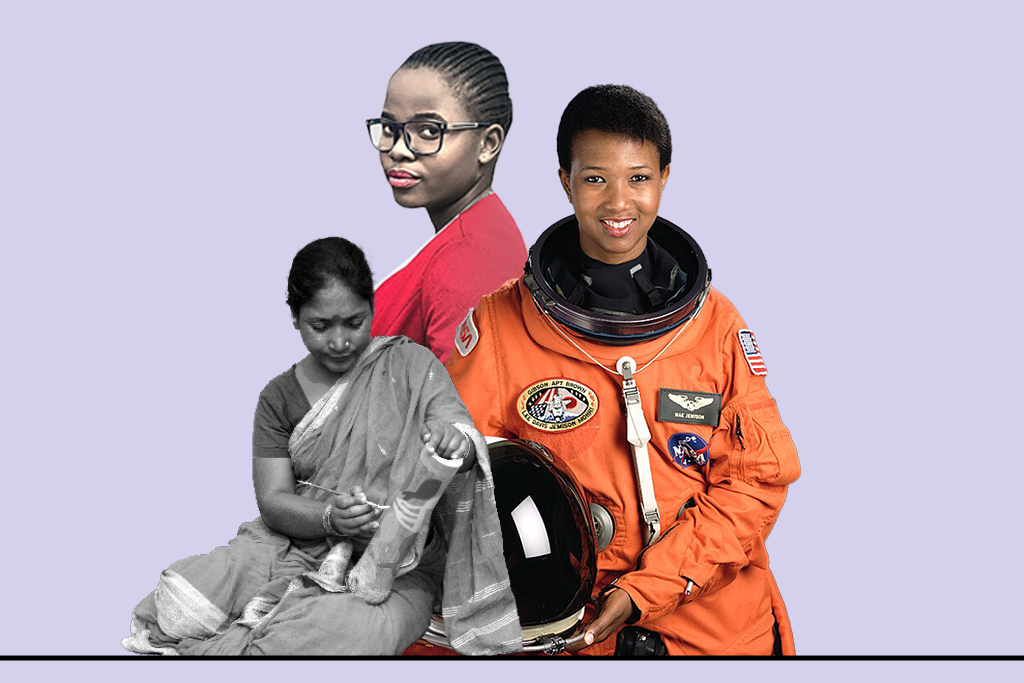
Knowledge Equity
A campaign designed to increase Wikipedia articles about women did just that
Worldwide
As part of a community-wide effort, the Foundation highlighted the need to add more knowledge about women — whether it was adding articles to Wikipedia or doing other crucial behind-the-scenes work.
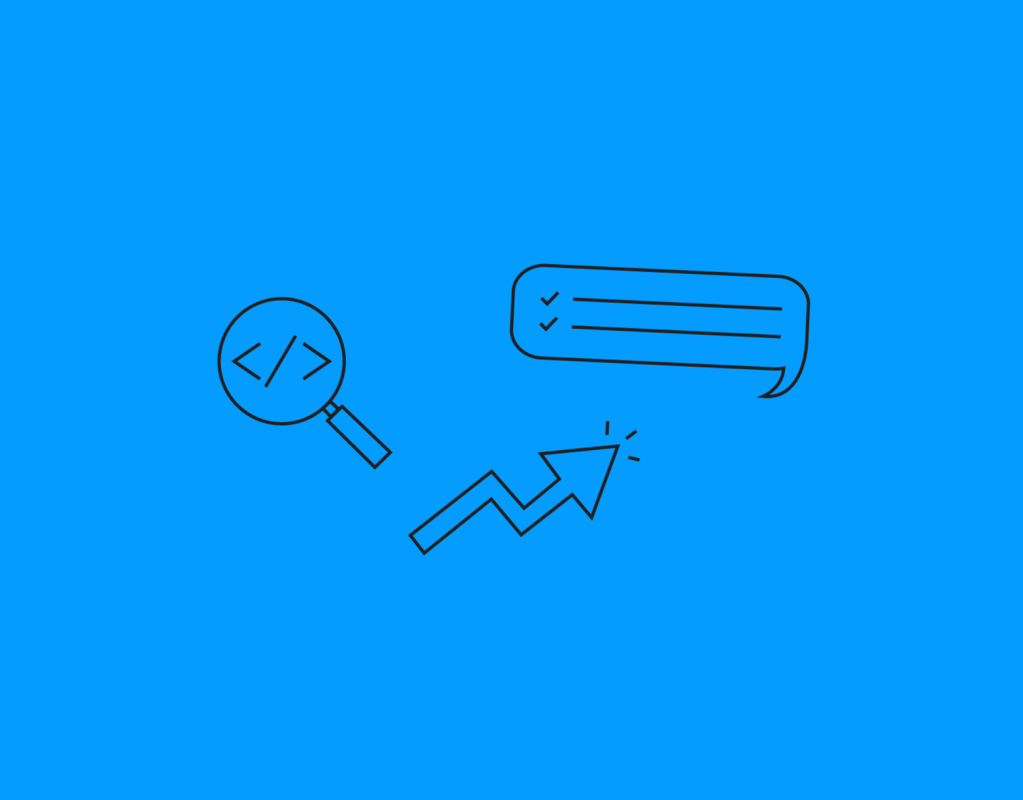
Infrastructure
An updated tool helped organizers create and manage their events even better on the Wikimedia projects
Worldwide
Hundreds of events are benefiting from the tool, which allows participants to sign up and receive timely updates — and to do so much, much more as they add knowledge across the Wikimedia projects.

Effectiveness
The Foundation streamlined our ability to provide translations of core documentation and communications
Worldwide
We’re now able to support more than 30 languages in our communications with the projects’ worldwide community — an increase from just six languages in the recent past.
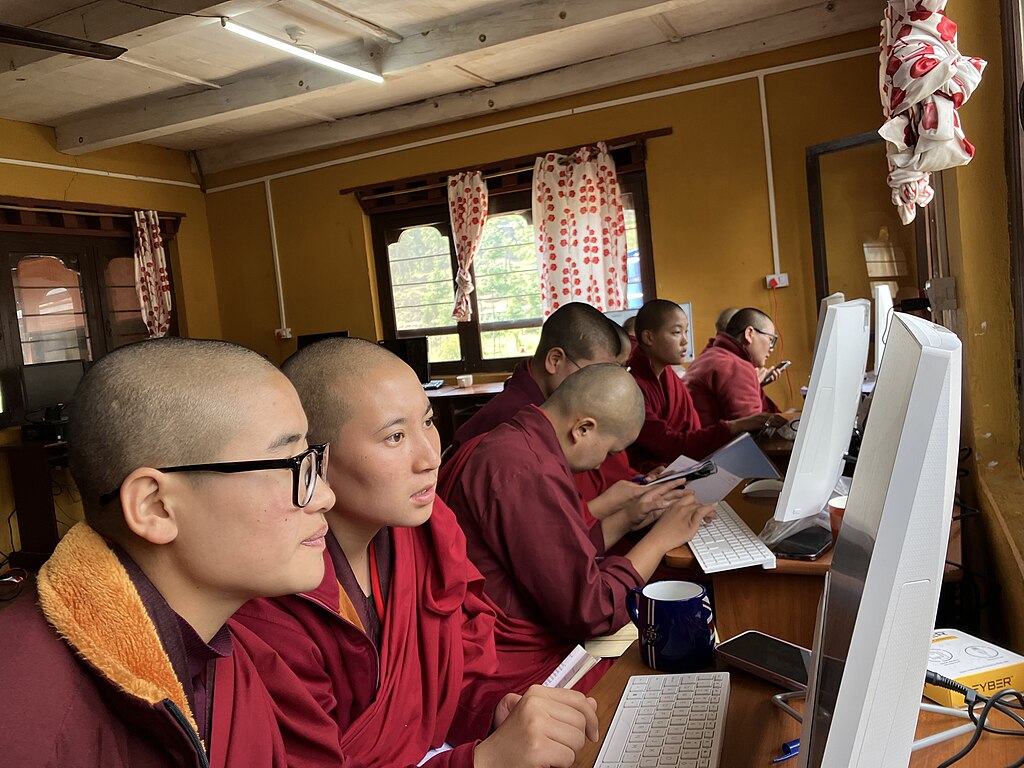
Knowledge Equity
At a nunnery in Bhutan, nuns are adding knowledge to the burgeoning Wikipedia edition of the Dzongkha language
Paro District, Bhutan
The language is a Tibeto-Burman language that’s the official and national language of Bhutan. Written using the Tibetan script, it has fewer than 500 articles for now.
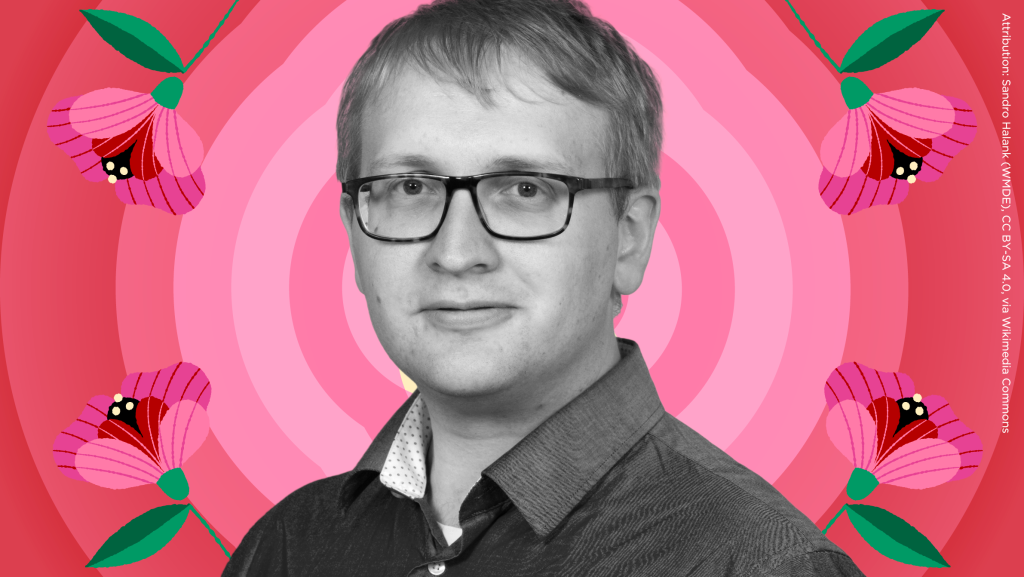
Movement Leadership
Honoring 17 Years of Service: DerHexer, Wikimedia Laureate
Berlin, Germany
Martin, known as DerHexer, is Wikimedia’s longest-serving Steward, with nearly two decades of contributions across Wikipedia, Commons, and Meta. He is known for behind-the-scenes technical and administrative support, and has been instrumental in keeping Wikimedia projects safe and efficient for global users.
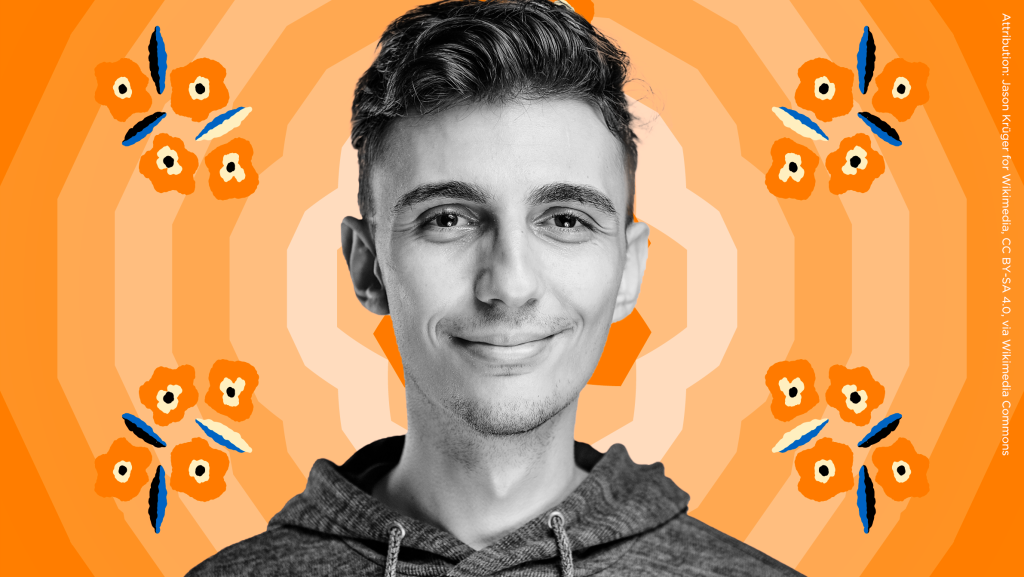
Visual Culture and Design
Designing the Spirit of the Movement: Kurmanbek, Media Contributor of the Year
Istanbul, Turkey
Caner Özyayıkçı (Kurmanbek) brings Wikimedia communities to life through graphic design, crafting visual identities for campaigns, conferences, and mascots. His work helps connect cultures and tell Wikimedia’s story through design rooted in tradition and creativity.
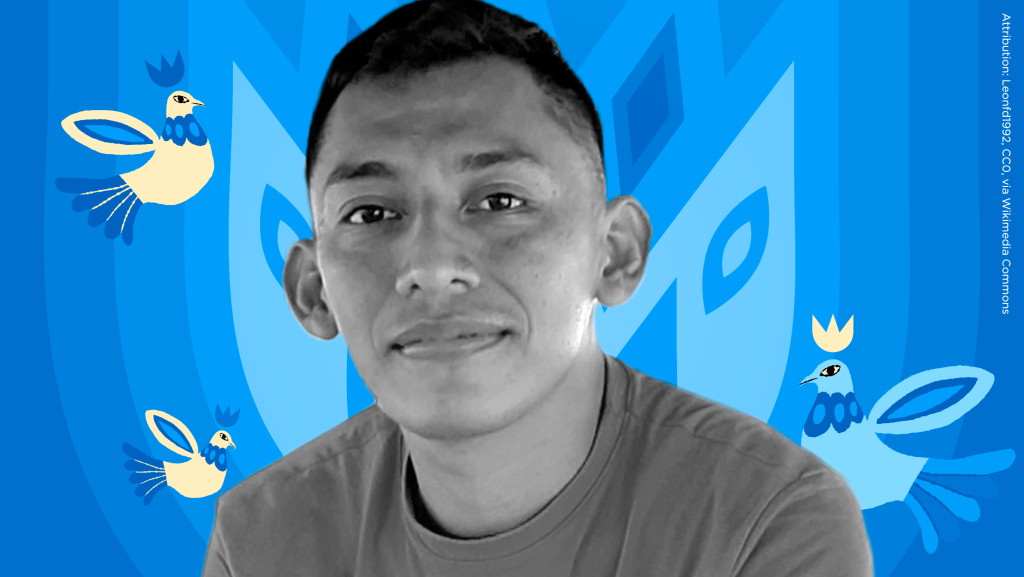
Language Preservation
A Wikipedia in Wayuunaiki: The Wayuu Community, Newcomers of the Year
Guajira Peninsula, Colombia and Venezuela
The Wayuu community launched the Wayuunaiki Wikipedia in 2023, enabling Indigenous knowledge to be shared in their own language. The work of Leonardi Fernández and the Wikimedistas Wayuu User Group was essential in overcoming digital and geographic barriers.
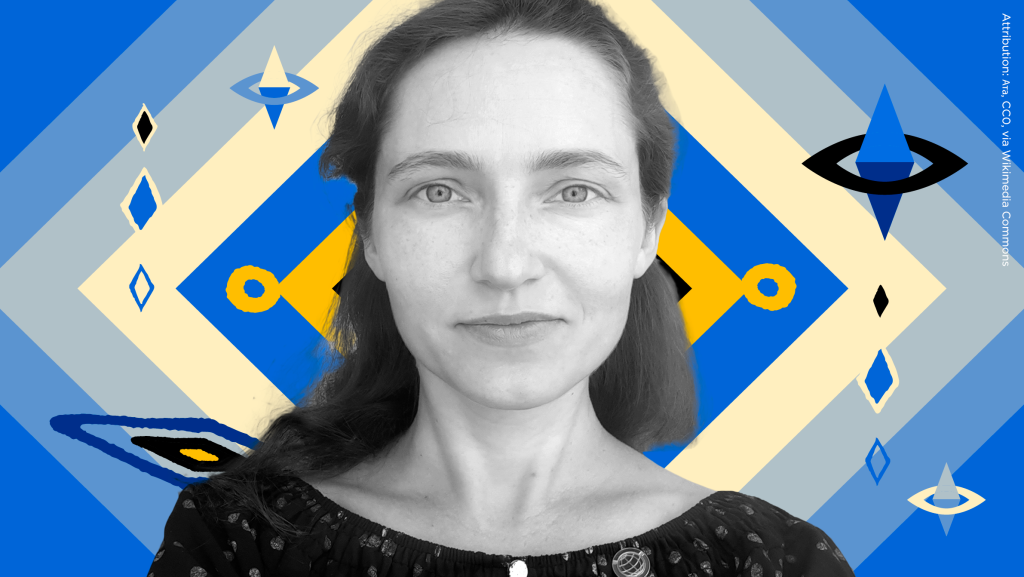
Behind-the-Scenes Impact
Quiet Dedication: Ата, Functionary of the Year
Ukraine
Vira Motorko (Ата) is known for tackling overlooked but essential work on Ukrainian Wikipedia—improving templates, interfaces, translations, and documentation. Her edits contribute to language equity, accuracy, and accessibility for Ukrainian speakers.
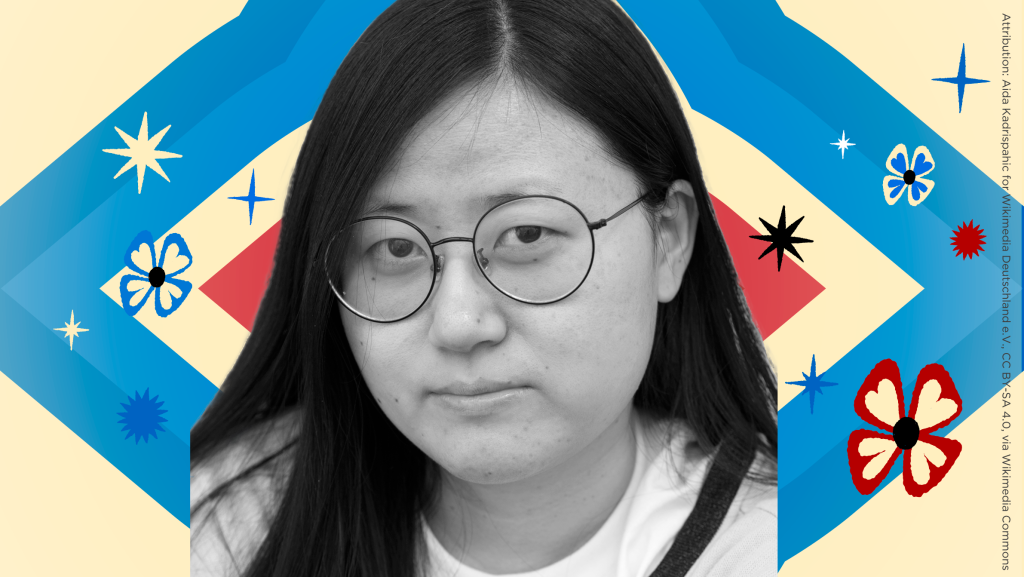
Affiliate Leadership
Championing Diversity: Gu Eun-ae, Honorable Mention
Seoul, South Korea
As Director of Wikimedia Korea, Gu Eun-ae (Motoko C. K.) has advanced knowledge equity by leading initiatives on youth engagement and knowledge gaps—including improving content on HIV/AIDS in Korean Wikipedia.

Open Technology
From Scripts to Systems: Siddharth VP, Tech Contributor of the Year
India
Siddharth VP is the 2024 Tech Contributor of the Year for his work on the MediaWiki platform and tools like Twinkle and the Draft Submission Interface. His contributions have improved the user experience for thousands of newcomers.
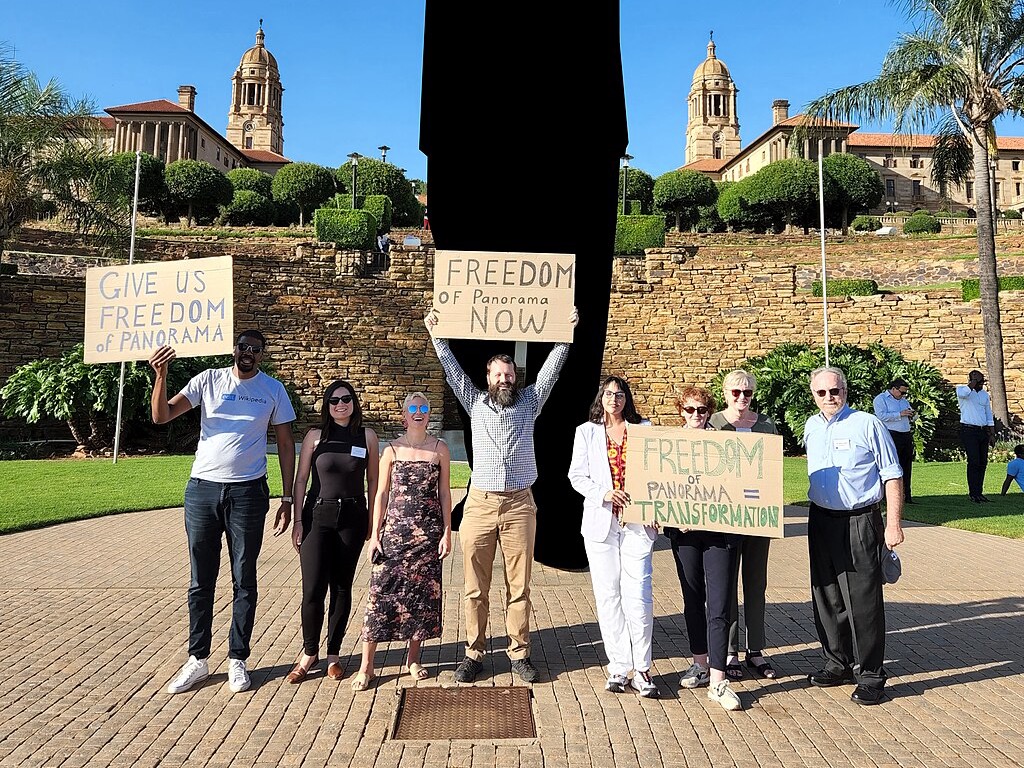
Advocacy and Copyright Reform
Advocating for Freedom of Panorama in South Africa
Pretoria, South Africa
Since 2012, Wikimedia South Africa has been advocating for a Freedom of Panorama exception in copyright law to allow photographs of public monuments, including those commemorating post-apartheid history, to be freely shared. The chapter has played a key role in the decade-long legislative process, building coalitions, shaping public discourse, and testifying in Parliament.

Community Building and Language Preservation
Rampak Mekar: Growth and Celebration at WikiNusantara 2024
Bogor, Indonesia
Held under the theme “Rampak Mekar” (“blooming together” in Sundanese), WikiNusantara 2024 brought together over 100 volunteers across Indonesia for four days of collaboration, learning, and celebration. Highlights included the launch of several new Wikimedia projects in local languages, workshops on social media and grant writing, partnerships with Google, UNFPA, and UNESCO, and awards recognizing outstanding contributors.

Heritage Preservation and Global Collaboration
Told Cities: Documenting the Living Legacy of UNESCO World Heritage Cities
Antigua Guatemala, Guatemala
Through the Told Cities project, Wiki World Heritage is documenting the cultural and historical richness of World Heritage Cities using Wikimedia projects like Wikipedia, Wikidata, and Commons. In Guatemala, the Centro Regional De Patrimonio is leading efforts to preserve and share the heritage of Antigua Guatemala. Similar collaborations are also underway in Ethiopia (Harar Jugol) and Senegal (Saint-Louis and Île de Gorée).
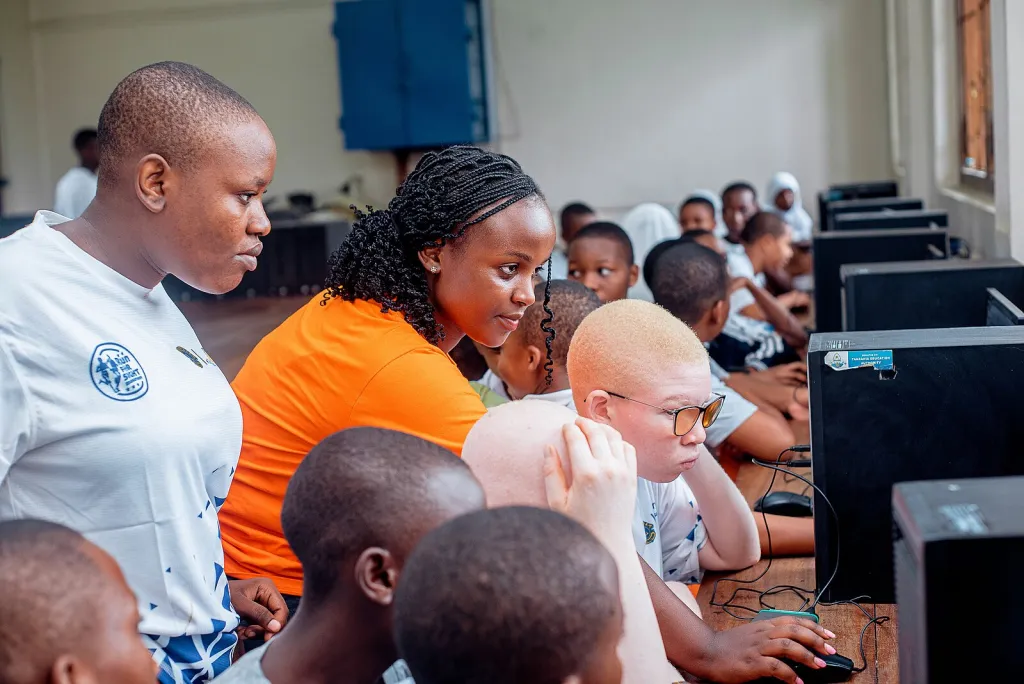
Offline Access and Educational Equity
Bringing Offline Knowledge to Classrooms: Kiwix in Tanzania
Dodoma, Tanzania
After discovering Kiwix at WikiIndaba 2022 and deepening their knowledge through a mentorship program in 2023, Pellagia Njau and Hussein Issa launched the Kiwix4Schools initiative in Tanzania. The program has already reached over 150 students and 25 teachers by installing Kiwix and training participants in offline access to Wikipedia and educational content.
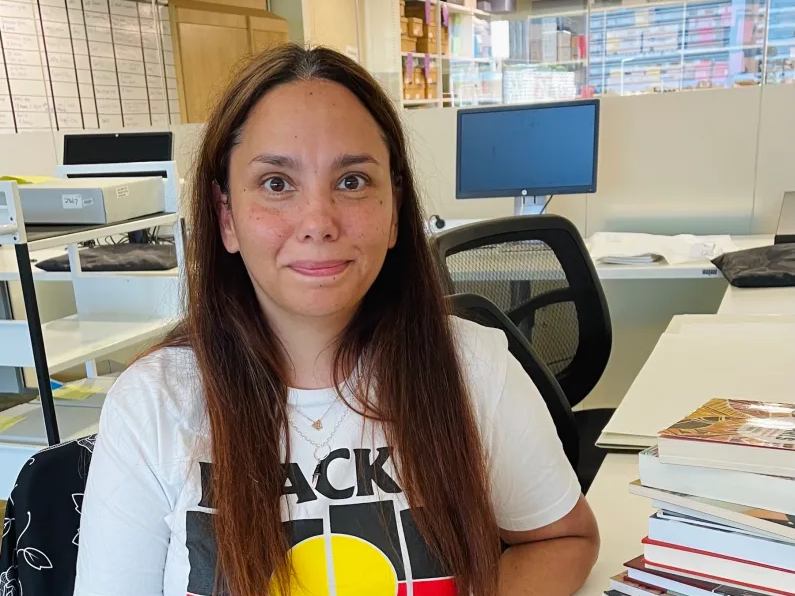
Cultural Representation and Indigenous Knowledge
Elevating First Nations Music on Wikipedia
Meanjin/Brisbane, Australia
As part of The Record: Australian Music on Wikipedia, Wikimedia Australia named Bianca Valentino its first-ever First Nations Wikipedian in Residence. Hosted at the State Library of Queensland, Bianca is enriching Wikipedia with stories of Aboriginal and Torres Strait Islander musicians, using archives, oral histories, and her experience as a writer and music zine editor.
Financial ACCOUNTABILITY
Financials
JULY 1, 2023 – JUNE 30, 2024
REPRESENTED IN US DOLLARS
| Beginning assets (market value as of July 1, 2023) | 119,412,698 |
|---|---|
| Gifts received | 13,416,423 |
| Investment gains\losses | 16,449,928 |
| Total | 149,279,049 |
| Expenses | |
| Fundraising | 1,170,684 |
| General & Administrative | 674,988 |
| Programmatic: | 3,107,755 |
| – Funding for Wikimedia Projects | 2,878,345 |
| – Other | 229,410 |
| Total Expenses | 4,953,427 |
| Market value as of June 30, 2024 | 144,325,622 |
| Change in market value in FY 23-24 | 24,912,924 |
| Return on Invested Assets | 17.65% |
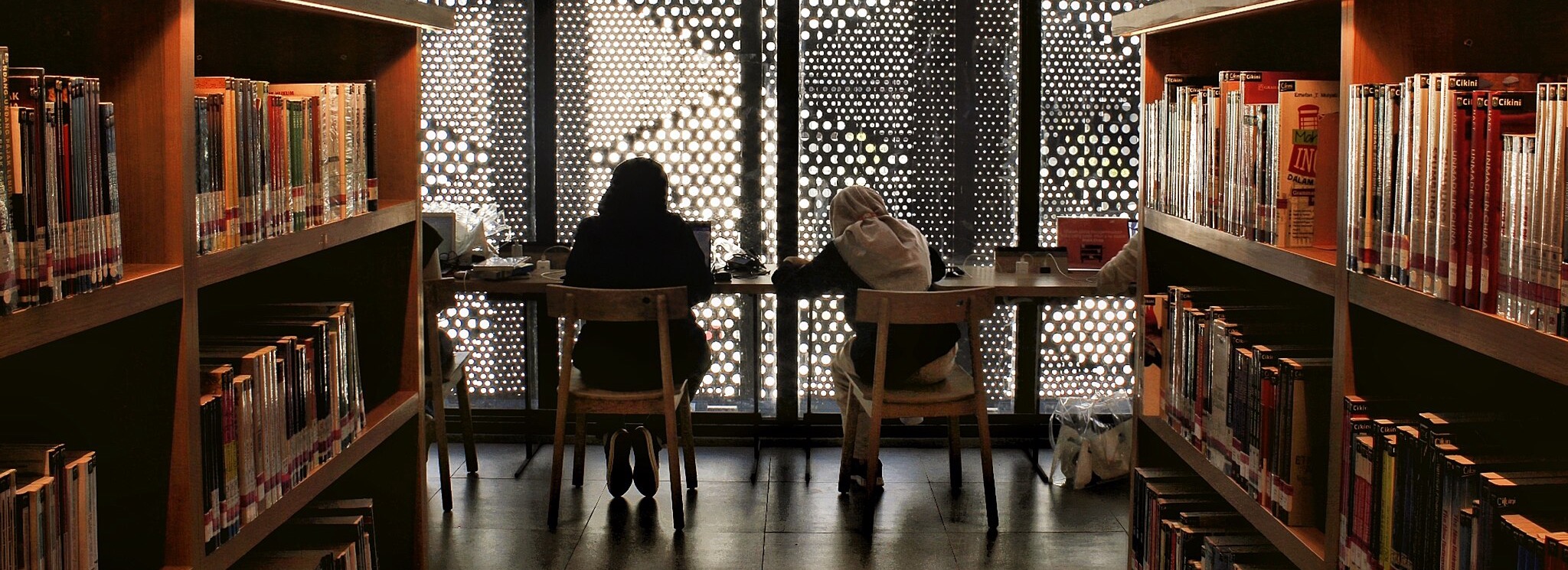
Leadership
Leadership during the 2023-2024 Financial Year
Board of Directors

Jimmy Wales
Founder, Wikipedia Project and Board Chair
Internet and technology entrepreneur Jimmy Wales is founder of the online non-profit encyclopedia Wikipedia and co-founder of the privately owned Wikia Inc., including its entertainment media brand, Fandom, powered by Wikia. Wales serves on the board of trustees of the Wikimedia Foundation, the non-profit charitable organization he established to operate Wikipedia.
In April 2017, Jimmy launched WikiTribune – a news website involving professional journalists working alongside volunteers to curate fact checked and reliable articles. In 2006 Jimmy was named in Time magazine’s ‘100 Most Influential People in the World’ for his role in creating Wikipedia.

Phoebe Ayers
Librarian, Massachusetts Institute of Technology
Phoebe Ayers is a long-time editor in English Wikipedia, Commons, Wikidata, Wikivoyage, and other Wikimedia projects. A former Wikimedia Foundation Board Trustee, she has become a seasoned participant in Wikimedia Foundation governance, as well as community events, including many Wikimania conferences, and outreach to educators and librarians. Ayers has been an academic reference librarian in the science and engineering library at Massachusetts Institute of Technology since 2015. Prior, she was a librarian in the Physical Sciences & Engineering Library at the University of California, Davis.

Peter Baldwin
Co-Founder, Arcadia Fund
Peter Baldwin is a professor of history at UCLA, Global Distinguished Professor at NYU, and co-founder of the Arcadia Foundation. Since 2002, Arcadia has given away close to one billion dollars to safeguard cultural heritage, preserve the environment, and support open access.
His scholarly work deals with the development of the modern state in Europe and the US over the past two centuries. He has written books on the welfare state, on public health and contagious disease, and on copyright. His latest books are on the Covid pandemic (Fighting the First Wave: Why the Coronavirus was Tackled So Differently across the Globe) and on the deep history of crime and its prevention (Command and Persuade: Crime, Law, and the State across History). His book on open access (Athena Unbound: Why and How Scholarly Knowledge Should Be Free for All) was published by MIT Press in March 2023 – and is available also, of course, in open access format.
He also serves on the boards of the American Council of Learned Societies, the Wikimedia Endowment, the Danish Institute for Advanced Studies, the Central European University, and is chair of the Board of the Center for Jewish History.
You can read more about Peter on the blog.

Annette Campbell-White
Founder, Kia Ora Foundation
Annette Campbell-White is an accomplished executive venture capitalist with a proven track record of leadership as a founding or lead investor into successful companies that have created groundbreaking biomedical technologies.
Widely recognized as a pioneer for women in venture capital investment, Annette was the first biotechnology analyst on Wall Street and the first female partner at Hambrecht & Quist, a leading international investment banking firm. From 1986 until her retirement in 2015, Annette was Founder and Senior Managing Partner of MedVenture Associates, a biomedical venture capital firm. There, Annette initiated MedVenture investments in emerging biomedical technologies, such as companies that produced the first off-fingerstick glucose blood-testing monitor, the first cervical disk implant, and the first digital hearing aid.
A strong supporter of the arts, Annette has served on the boards of several performing arts associations, including the San Francisco Opera and Cal Performances. In 1997, she established the Kia Ora Foundation, whose scholarships for post-graduate music students from New Zealand enable them to study abroad. Her memoir, Beyond Market Value; A Memoir of Book Collecting and the World of Venture Capital, was published in 2019.
You can read more about Annette on the blog.
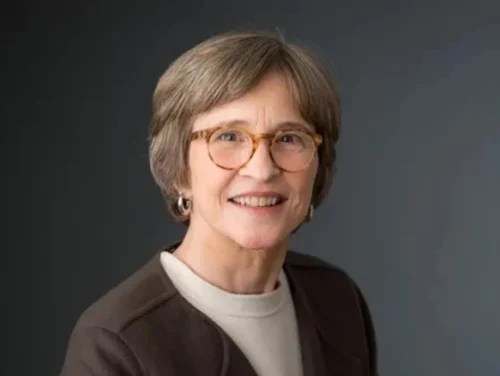
Mayree Clark
Mayree Clark is a former director of the Stanford University Endowment. She brings a diverse background in investment banking, equity research, and investment management to the Wikimedia Endowment Board. Mayree spent over 20 years at Morgan Stanley, where she held various leadership roles, including deputy to the Chief Executive Officer and Chairman of finance company MSCI. After leaving Morgan Stanley, Mayree joined the investment management industry and later founded Eachwin Capital, an investment management firm. She has served on the boards of Ally Financial, Taubman, and Deutsche Bank AG, contributing her expertise in risk management, governance, and corporate turnaround. Mayree is also involved in multiple philanthropic organizations and holds degrees from the University of Southern California and the Stanford University Graduate School of Business. She has been a dedicated donor to the Wikimedia Foundation since 2007.
Read more about Mayree here.
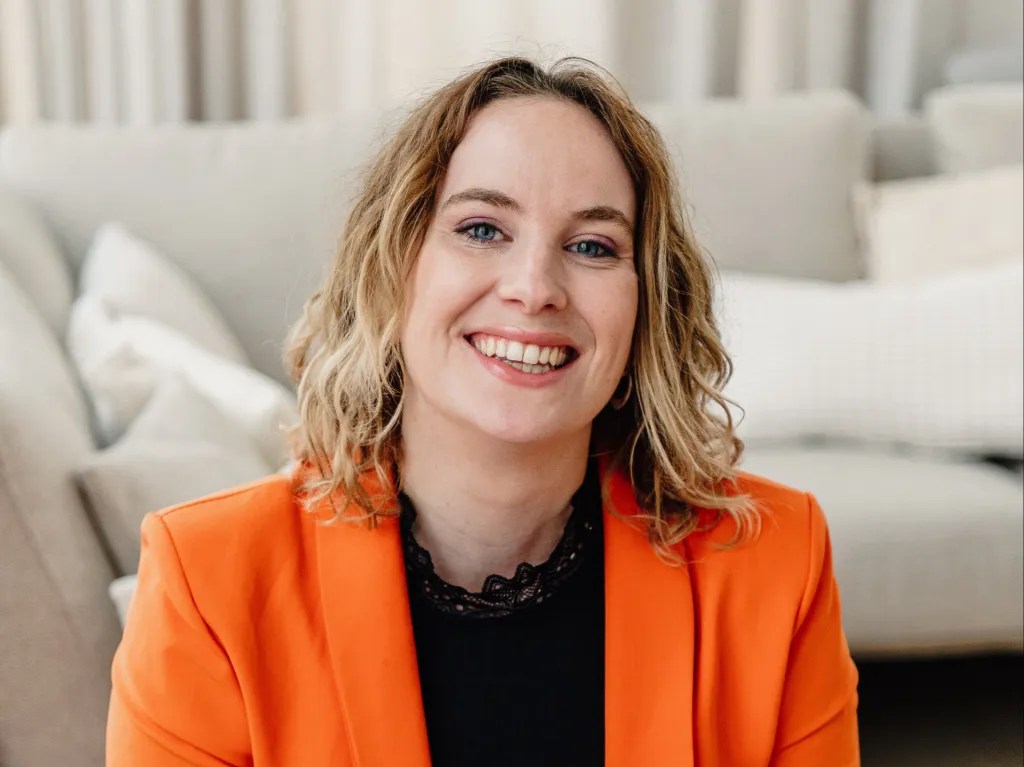
Laura Duchâtelet
Founder, LD&U
Laura Duchâtelet is a Belgian facilitator, philanthropist, and the owner of a small business that facilitates team building among professionals. She is a board member of Elex, leading their philanthropy committee. Laura studied Economics at the University of Antwerp, earning an undergraduate degree; she earned her Master’s degree at the Vrije Universiteit Brussel (VUB). Laura and her family have also been longtime financial supporters of the Wikimedia Foundation.

Michael Kim
Founder, Cendana Capital
Michael Kim is the founder and Managing Partner of Cendana Capital, an investment firm focused on early stage venture capital, and former trustee of the Asian Art Museum and San Francisco Employee Retirement System.
In addition to his expertise in investment strategy and venture capital, Michael is actively involved in arts and public service in San Francisco, where he and his family reside. In 2004, he was appointed by then-San Francisco Mayor Gavin Newsom to a five-year-term as a Trustee of the San Francisco Employee Retirement System, a $20 billion pension fund, and served as the President of the board and the Chairman of the Investment Committee.
For more on Michael, visit our blog.

Lisa Lewin
CEO in Residence, Primary Venture Partners
Lisa Lewin is a strategist and operating executive with over 25 years of experience leading and advising private and social sector organizations. As CEO in Residence at Primary, she partners with Founders to accelerate their evolution into world-class CEOs.
She was most recently CEO of General Assembly, which has built accessible tech career pathways for over one million people and diverse talent pipelines for hundreds of leading employers globally. Prior, she spent a decade driving digital transformation at scale in the publishing sector in senior executive roles with Pearson and McGraw-Hill. Lisa has co-founded various companies and projects, including impact consulting firm Ethical Ventures, e-learning content creator Mindgate Media, and civic membership organization The Leadership Now Project.
Lisa serves on the boards of Custom Ink and the Wikimedia Endowment. She is the co-author of the Business for Racial Equity Pledge, and has been named a PoliticsNY Power Player. Lisa received a B.S. from Washington University in St. Louis and an M.B.A. with honors from Harvard Business School. She lives in New York City with her husband and daughter.

Patricio Lorente
General Secretary of Administration, National University of La Plata
Patricio Lorente of City Bell, Argentina has also been appointed to the Wikimedia Endowment Board. Lorente is a scholar devoted to outreach activities in education. He is currently the General Secretary of Administration of the National University of La Plata. Lorente joined Spanish Wikipedia as an editor in early 2005 and has been an administrator since 2006. He is a founding member of Wikimedia Argentina and served as president from 2007 – 2012. He was selected as a Wikimedia Foundation Board Trustee in the years 2012, 2014, and 2016. He served as chair of the Wikimedia Foundation Board from July 2015 through June 2016.

Doron Weber
Vice President of Programs, Alfred P. Sloan Foundation
Doron Weber currently serves as Vice President of Programs at the Alfred P. Sloan Foundation. Weber is a graduate of Brown University (B.A). and studied at the Sorbonne and Oxford University (M.A., 1981), where he was a Rhodes Scholar. At the Sloan Foundation, he runs the Public Understanding of Science and Technology Program, with national programs in science and the arts, and the Universal Access to Knowledge Program, which has supported the Wikimedia Foundation since 2008. A published author, Doron has been a Wikimedia Foundation Board Visitor since 2011, mentored by Jan-Bart de Vreede.
Staff Leadership

Lisa Seitz Gruwell
President, Wikimedia Endowment
Lisa Seitz-Gruwell is the Chief Advancement Officer and Deputy to the CEO of the Wikimedia Foundation. Lisa’s role includes leading the Wikimedia Foundation’s fundraising activities across a broad and varied spectrum that includes both individual donors and philanthropic institutions, as well as a focus on community growth and partnerships. In 2016, she helped launch the Wikimedia Endowment and serves as its President.
Before joining the Wikimedia Foundation in 2011, Lisa worked as Chief Operating Officer at the Rappaport Family Foundation and Skyline Public Works, a fund that blends venture capital with philanthropy; as the District Director and Press Secretary for the California Assembly Majority Leader and in several roles for then-mayor of San Francisco Gavin Newsom. She also has previously worked as a political consultant and campaign manager for Democratic candidates in California, Montana, Michigan, Connecticut and Oregon. Lisa was also appointed to serve as a Civil Service Commissioner for the City and County of San Francisco. In addition, Lisa has served as a board member of several organizations including the Montana Environmental Information Center and the Progressive States Network, and the San Francisco Rock Project.
Lisa earned a bachelor’s degree in Public Relations and Political Science from Carroll College. She studied as a Coro Fellow before attending the Stanford University Graduate School of Business Center for Social Innovation in the Executive Program for Philanthropy Leaders.

Donors
Merciधन्यवादGraciasありがとうشكراًDankeAsanteշնորհակալությունThank you!

We are deeply grateful to the generous benefactors of the Wikimedia Endowment. Your unwavering support guarantees the long-term sustainability and growth of Wikimedia projects, enabling millions around the world to access free, encyclopedic knowledge for generations to come.
- Arcadia
- King Baudouin Foundation
- Alex & Patricia Farman-Farmaian
- MathWorks
- I.W. Foundation
- Ike and Ellen Kier
- Gupta Family Foundation
- The Aber D. Unger Foundation
- Steven and Sandra Berglund
- Graeme Birchall
- Kevin Bonebrake and Winnie Scheuer
- Samuel Bowen
- Chris and Jennifer Brahm
- Annette Campbell-White
- In honor of David Colander
- Guy and Helen Connolly
- Disney Employee Matching Gifts
- Peter Gadwa
- Emily and Sam Glick
- Edwin A. Goodman
- Holly Gray
- Marie Griffin and Robert Coffey
- Kiwan Gu
- The Keough Family Foundation
- Jeremy Levine & Yael Taqqu
- In memory of Richard and Virginia Neufeld
- Manish Pandya
- Madeleine Richard
- Tim and Mary Riordan
- Edward and Elaine Shoben
- Doug Standing
- Albert & Candace Staton
- Diana Strassmann and Jeff Smisek
- Fred Thorlin
- Cynthia C. Wainwright and Stephen Berger
- K.L. Won
- Anonymous donors
- Kathleen and Jack Applewhite
- Brent Blumenstein and Anne Ryan
- Roger and Helen Bohl
- Charles H. and Ellen D. Brown
- David Carter
- In memory of Dileep Jivanlal Champaneria
- Niranjan and Savita Chandragiri
- Crystal Chen
- Juan Cockburn
- John Dove
- The Eubanks Memorial Trust
- Jennifer V. Furman
- Mary and Paul Henry
- P. Goetze
- Jack Goodman
- Loretta Montanari Gottshall
- Alan Gould
- Terence E. Gray
- Jack Hetherington
- David A Johnson
- Jay Jones
- Elizabeth and Albert Kidd
- Kim and Jesse Kinder
- Sally Lawrence and David Lai
- Phillip Lawson
- Jerry LeClaire
- Richard Lenon and Leslie Hsu
- Ken Lipper
- Scott Mackie and Alison Platt
- In memory of my sister MADELEINE
- Alexander Main
- Goran & Kelly Marnfeldt
- Sydney McDole and Naresh Lakhanpal
- Minassian Media
- Perry Mitchell
- Mildred B and Radhe Mohan For The Mohan Family Fund
- Jasmine Nabi
- Anil Nai
- Robert Ordal
- Terry Rossow
- Philip and Reggie Roy
- Scott Satterwhite
- Rogil Schroeter
- The Sigler Family
- Martin Smith
- Mike Speciner
- Bill Spindler
- In Memory of Marilyn McDonald
- Bruce G. Stewart
- Elizabeth Story
- Jon Thaler
- Michael Thonis
- Kit Transue
- Jack Triplett
- Caitlin Virtue
- Beverly and Darrell Weaver
- Bruce Whiting
- Anonymous donors
WIKIMEDIA FOUNDATION
The Wikimedia Foundation
Learn how the Wikimedia Foundation is ensuring that Wikipedia’s promise and potential are being fulfilled in its 2023/24 Annual Report. Explore the stories, initiatives, and achievements here.
Help Ensure Wikipedia’s Future
Giving today
The Wikimedia Endowment ensures that Wikipedia and the related projects will continue to provide the world with high quality encyclopedic knowledge now and into the future. Making a gift today is the simplest way to ensure that Wikipedia remains strong, stable, and always there when you need it. There are many ways to make a gift, including online, through a Donor Advised Fund, a gift of stock, a Qualified Charitable Distribution, a Charitable Gift Annuity, and more. To learn more, visit wikimediaendowment.org.
Giving tomorrow
Your love of Wikipedia can live on by including Wikimedia in your estate plans. By naming the Wikimedia Endowment in your will or as a beneficiary of your retirement plan or insurance policy, you can leave a legacy that will benefit the next generation of Wikipedia readers. To learn more, email legacy@wikimedia.org.

Contact Us
For more information about the Wikimedia Endowment, please contact us at endowment@wikimedia.org. For information on how you can support the Endowment with a planned gift, please contact legacy@wikimedia.org, or call
+1 415-541-3506 ext. 6863

